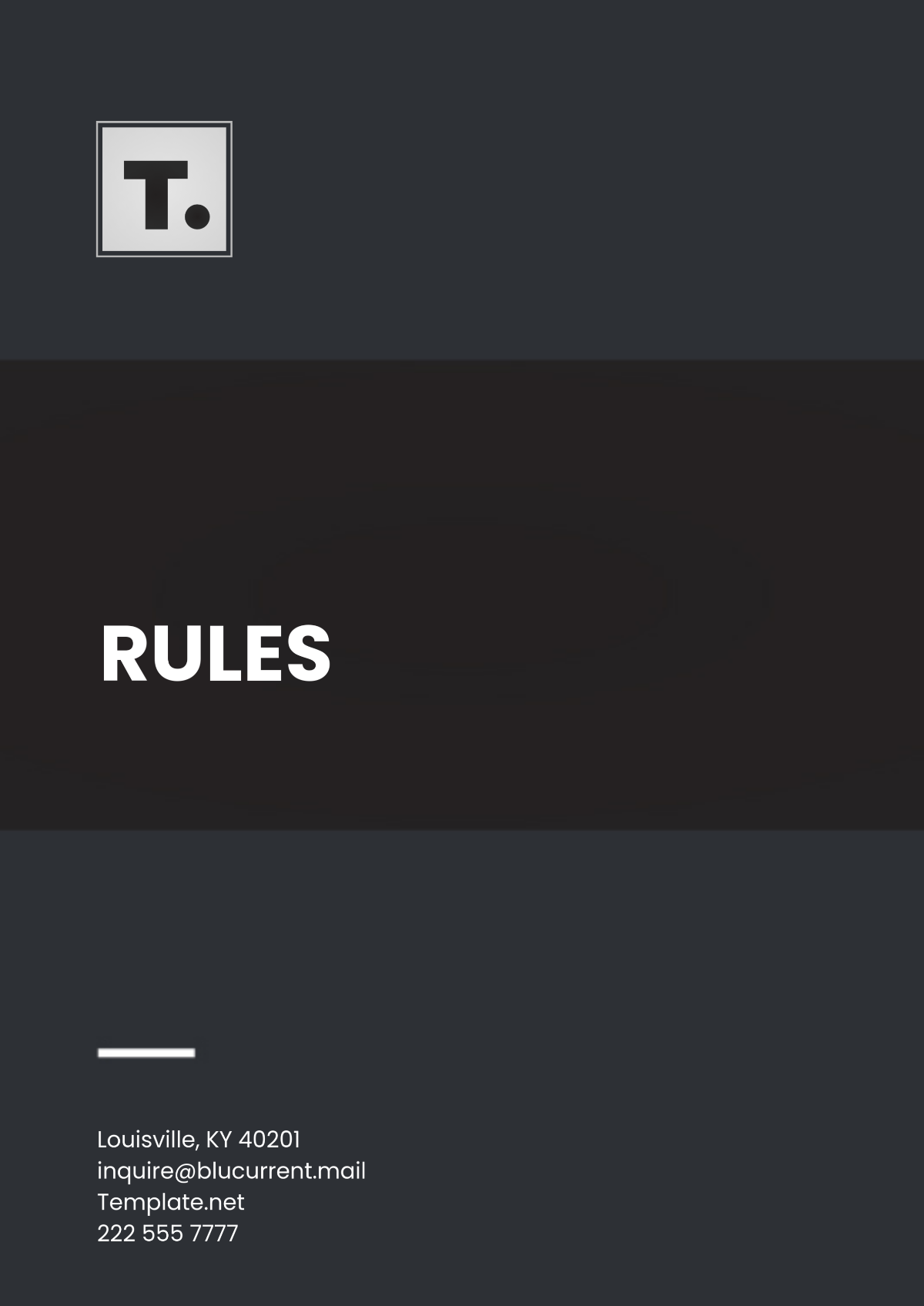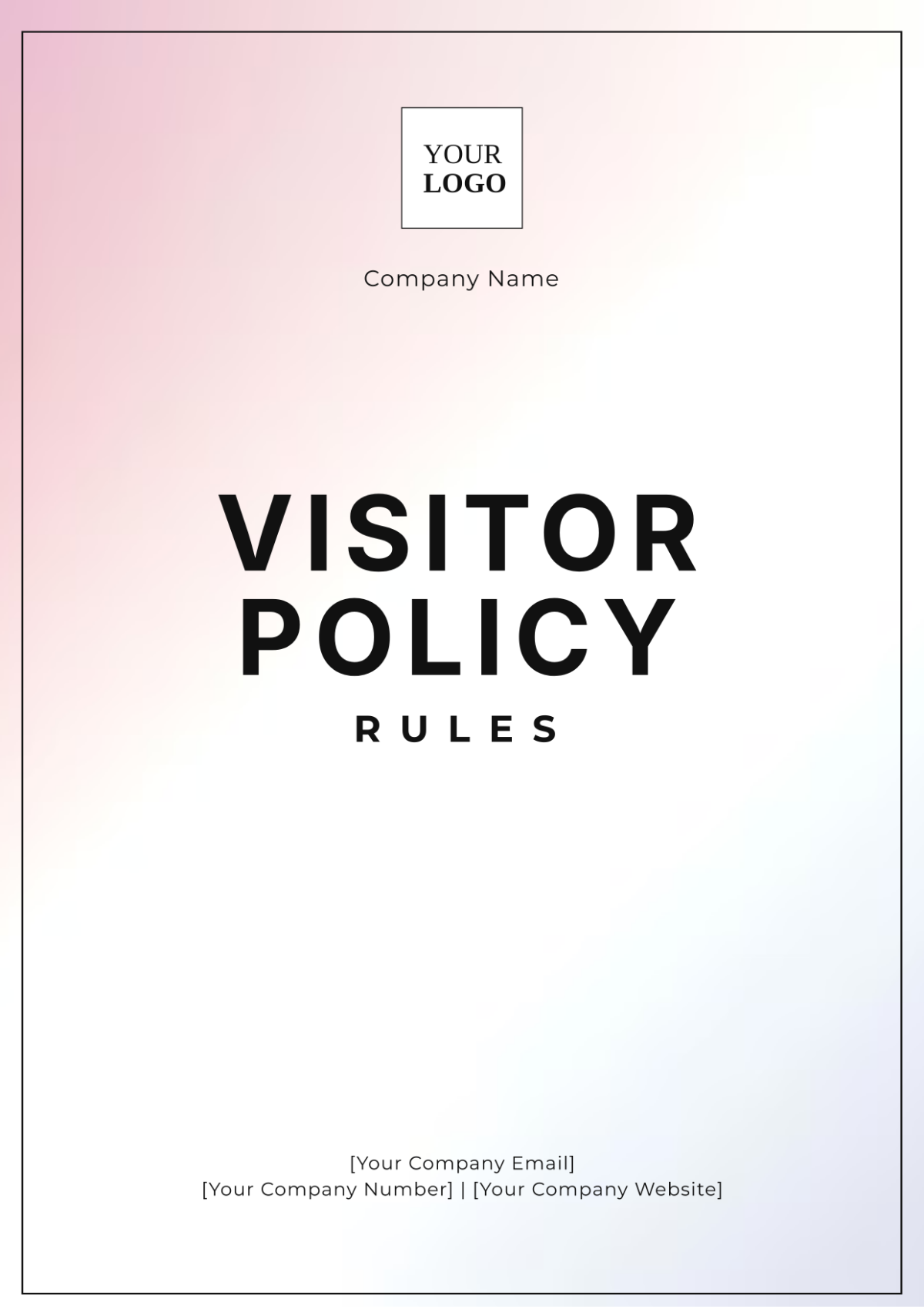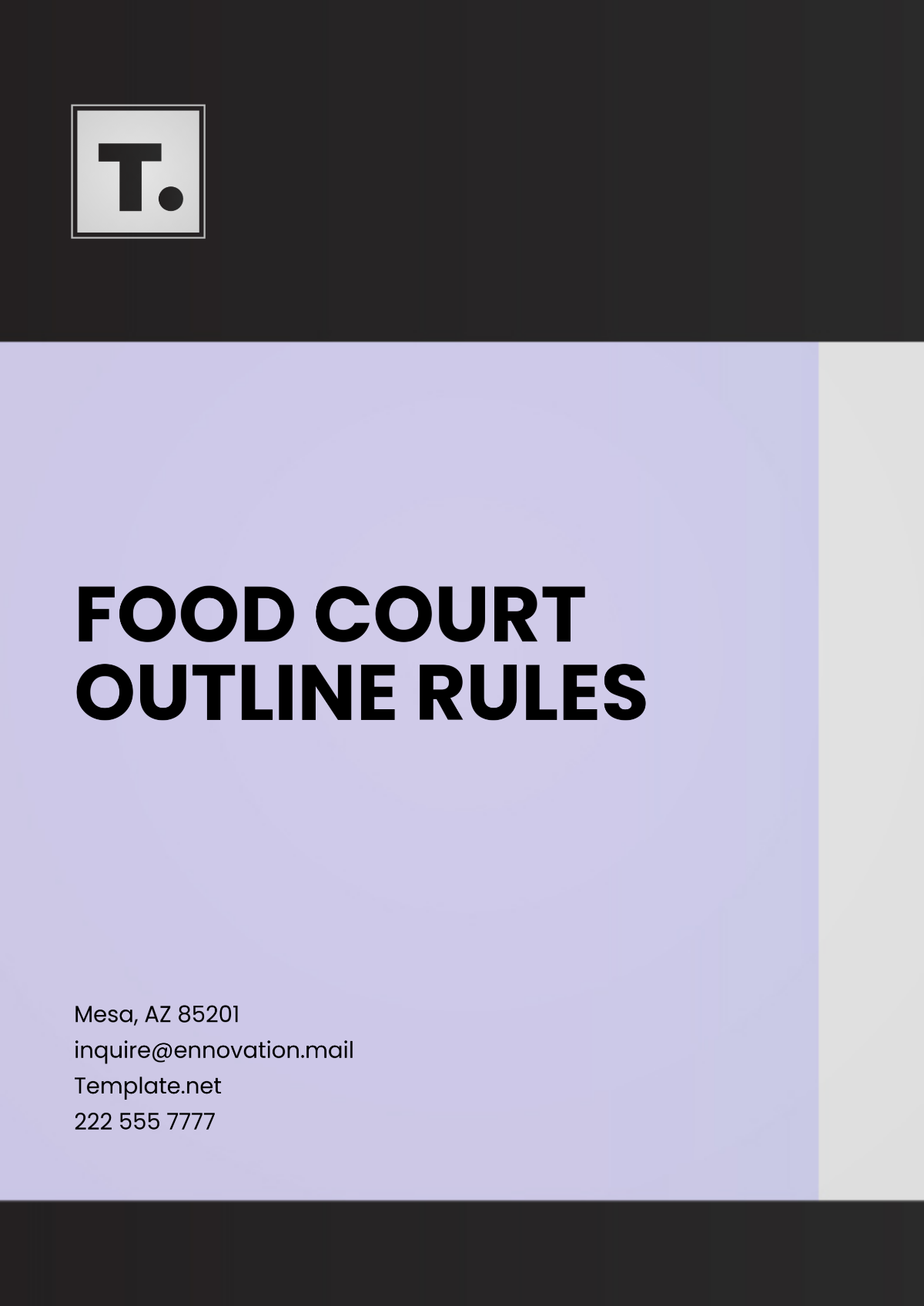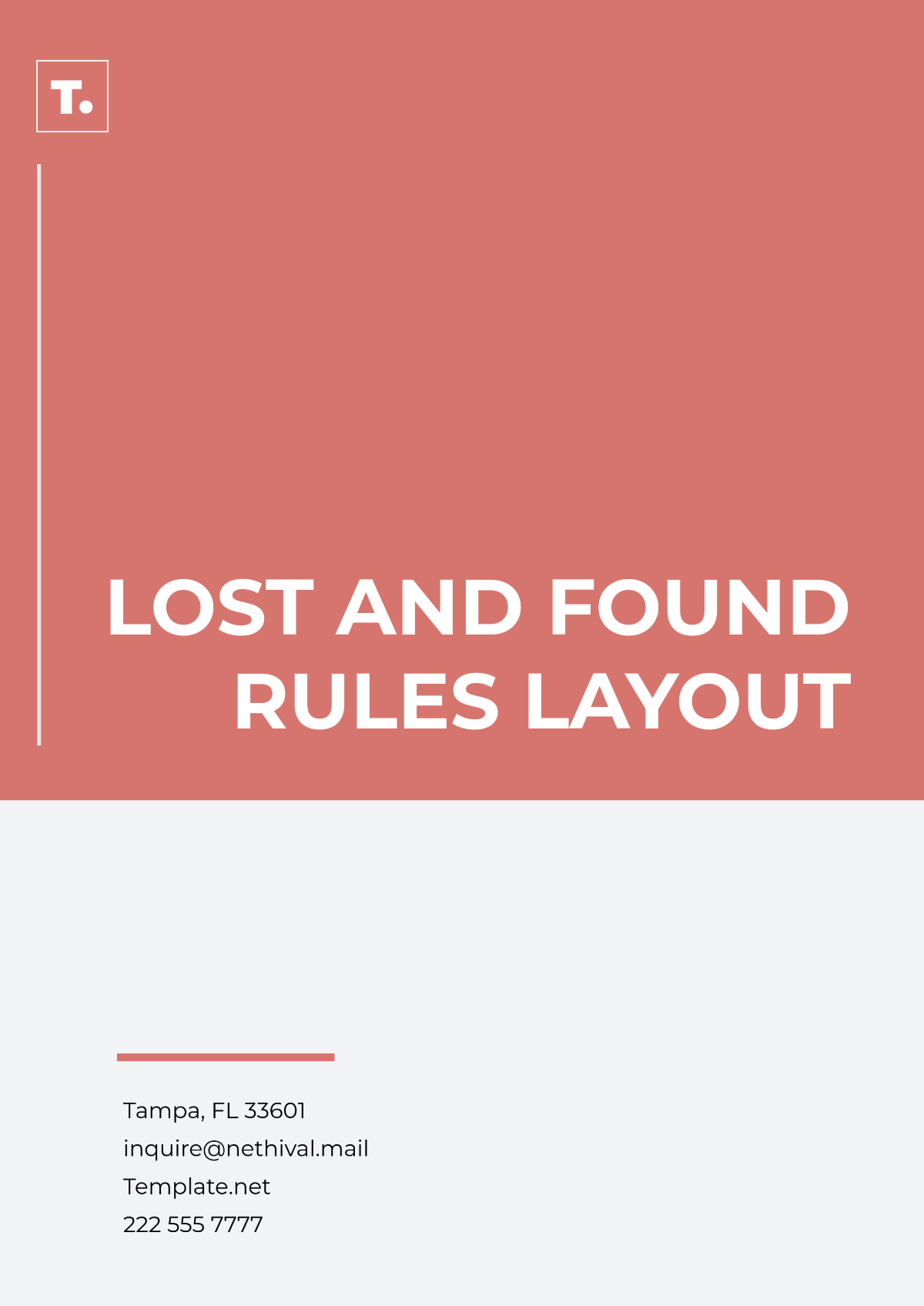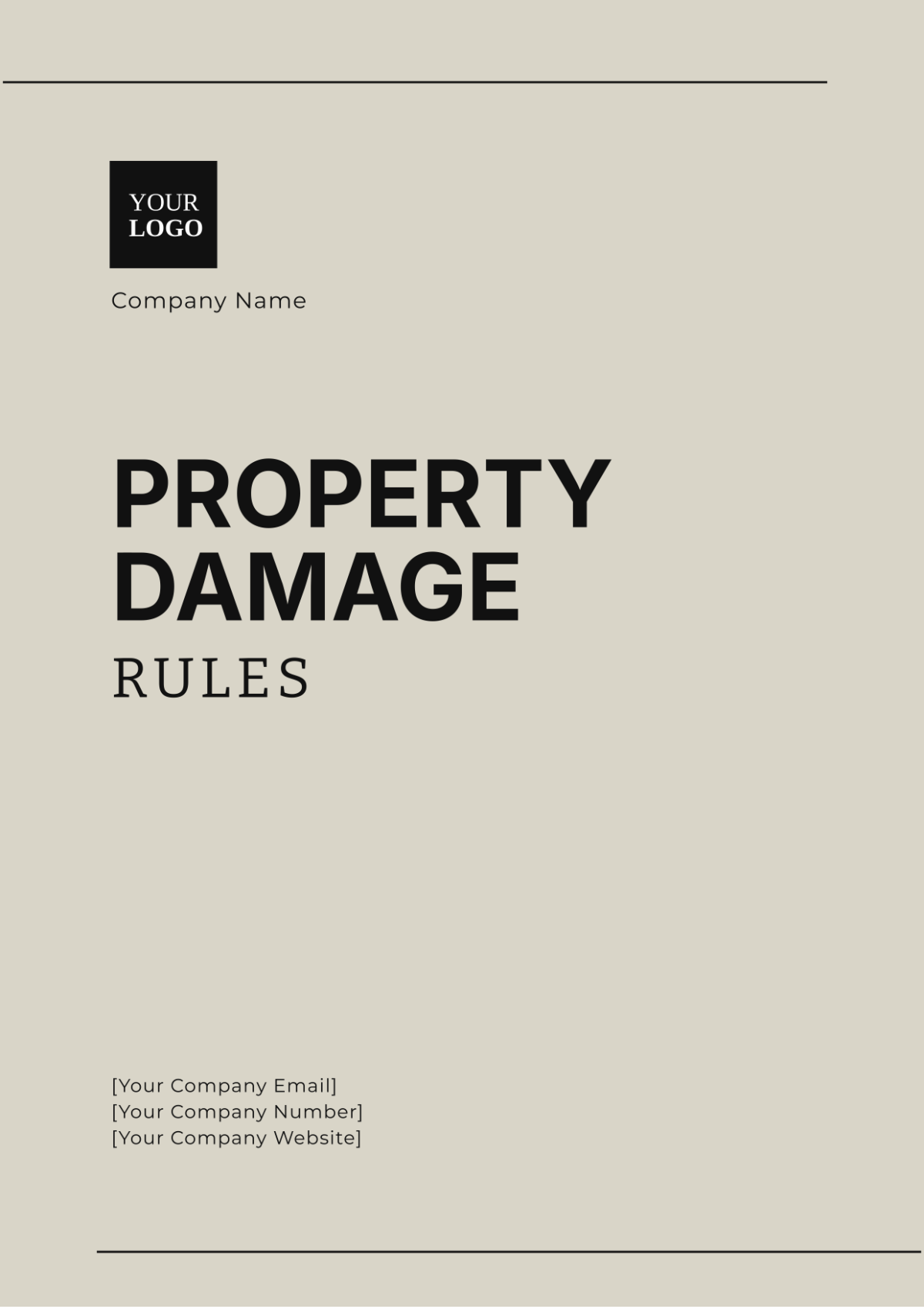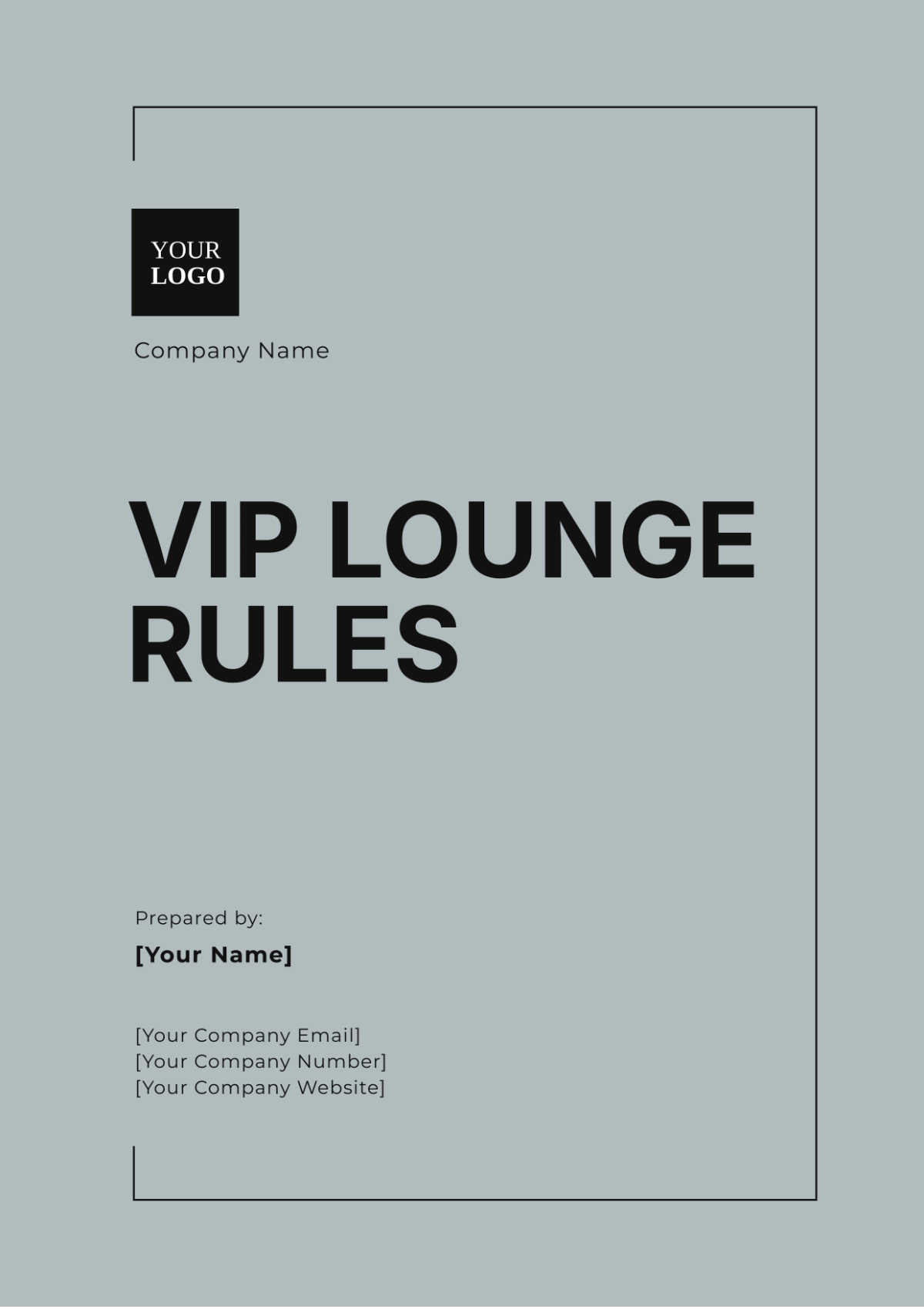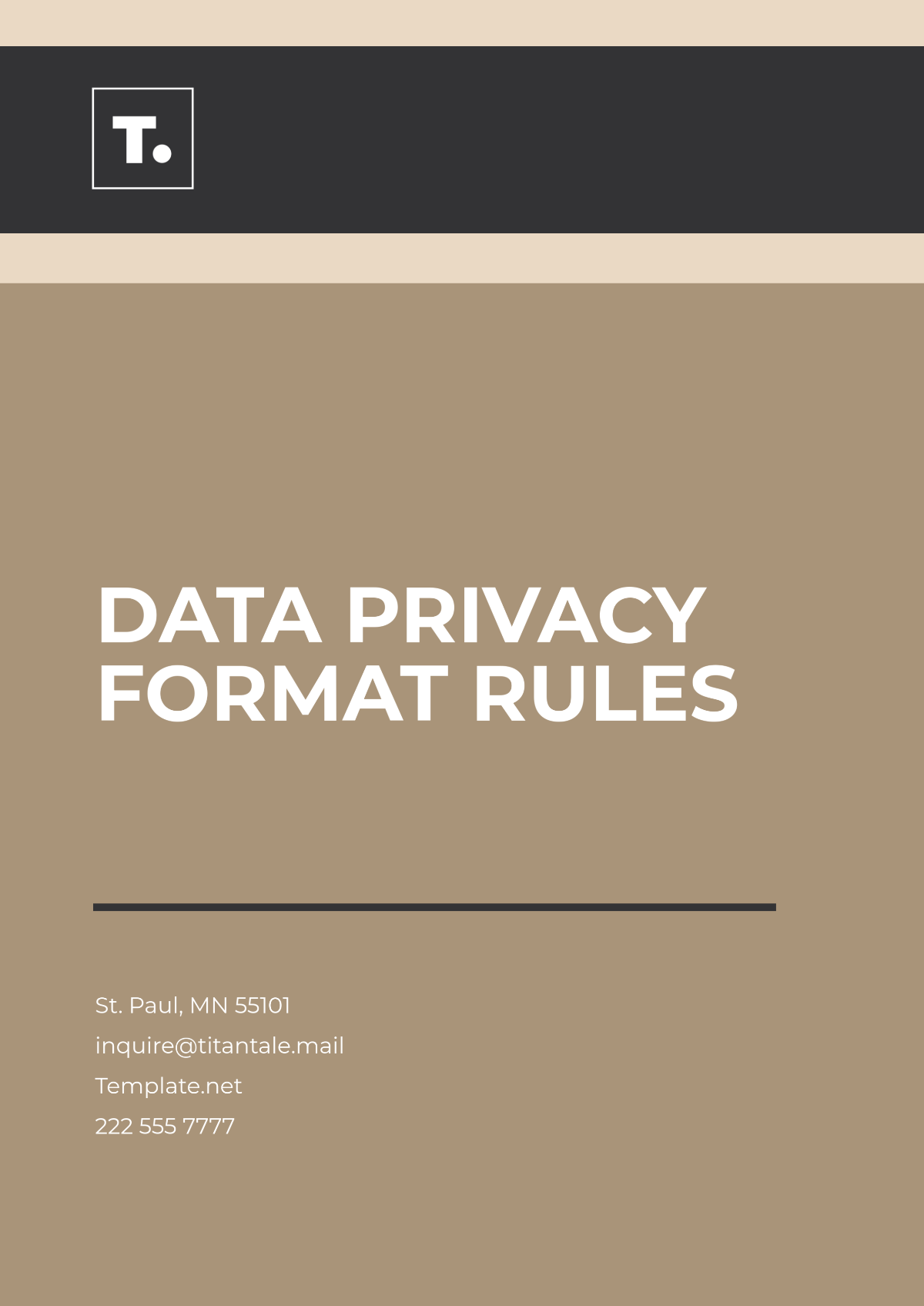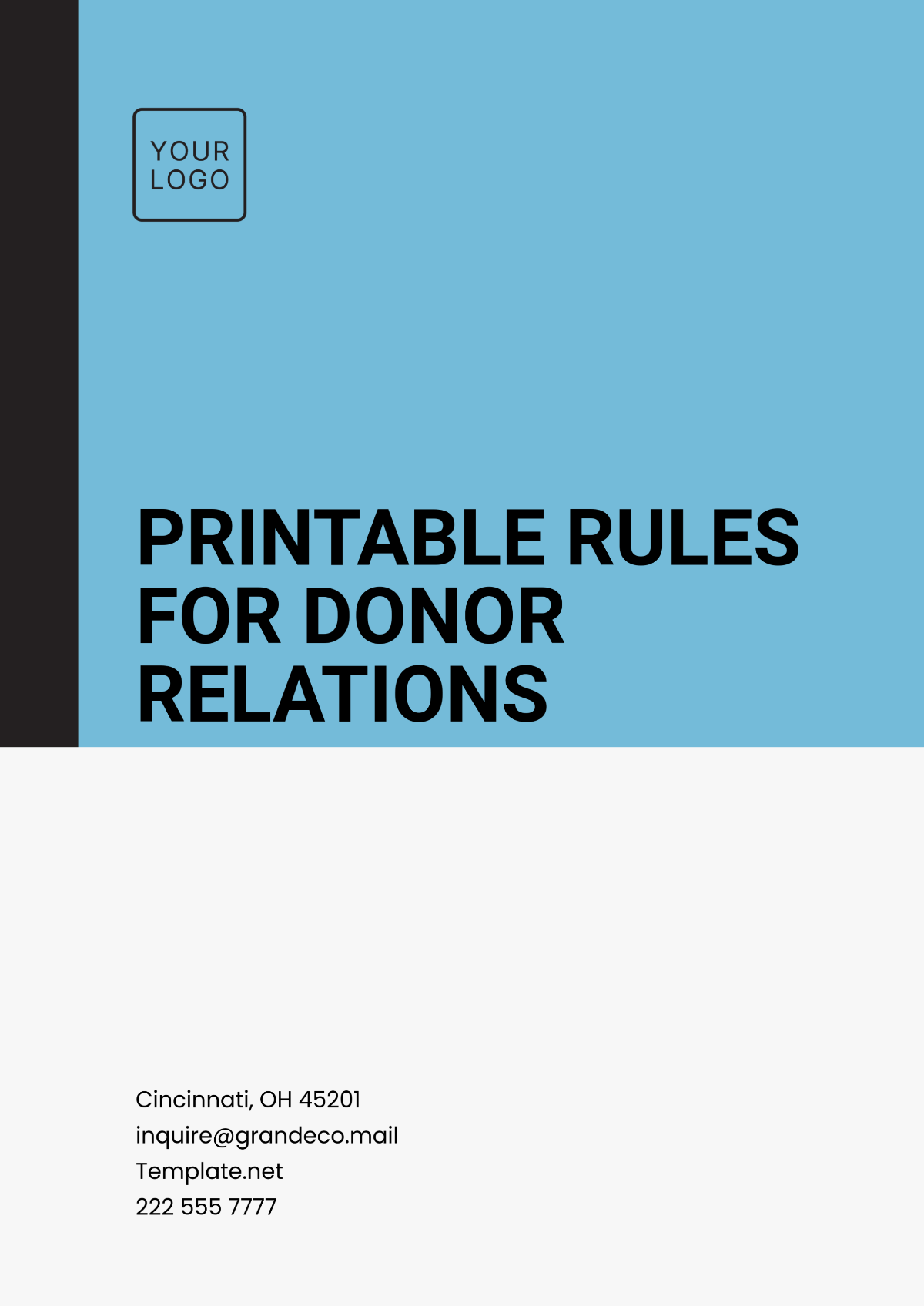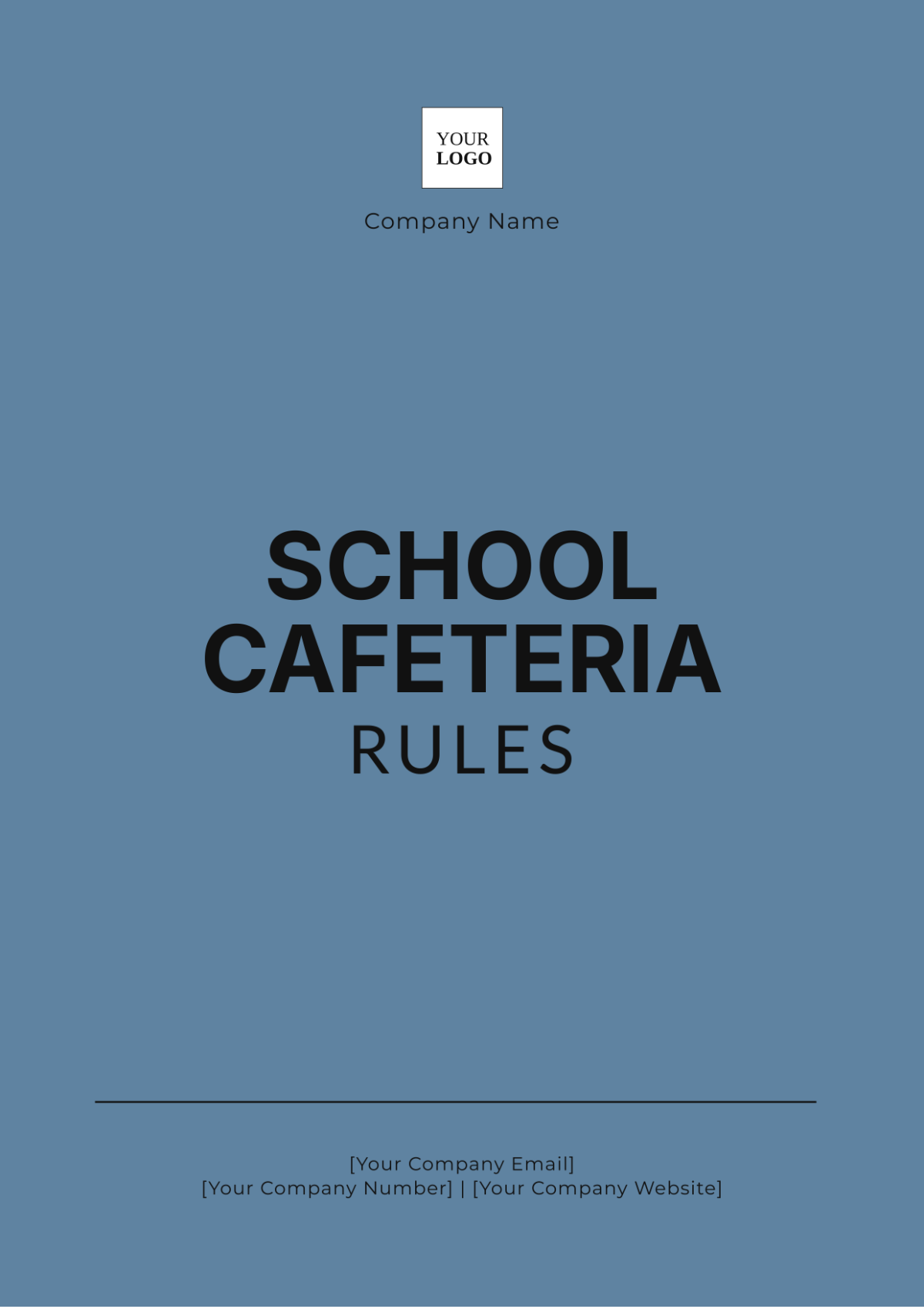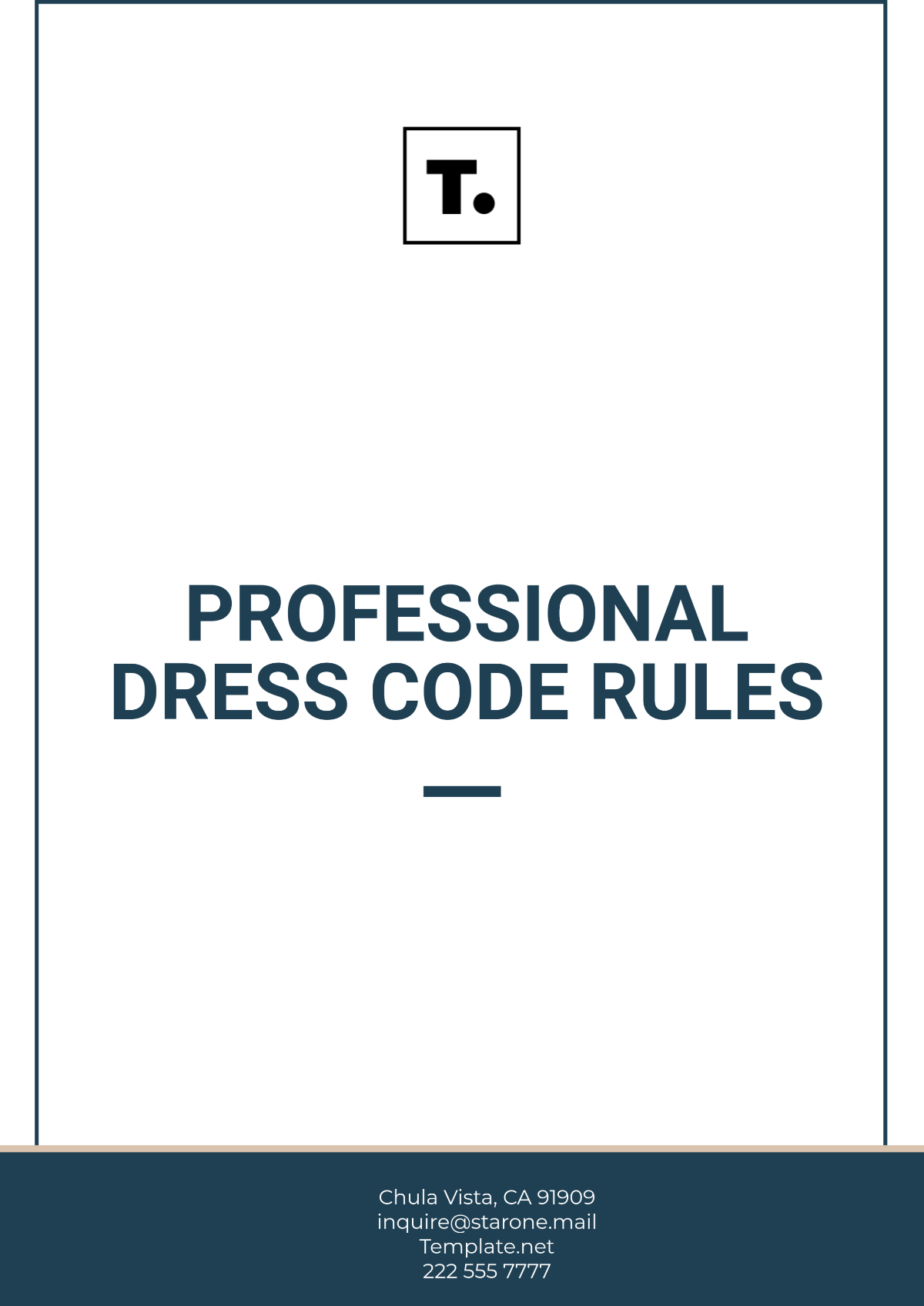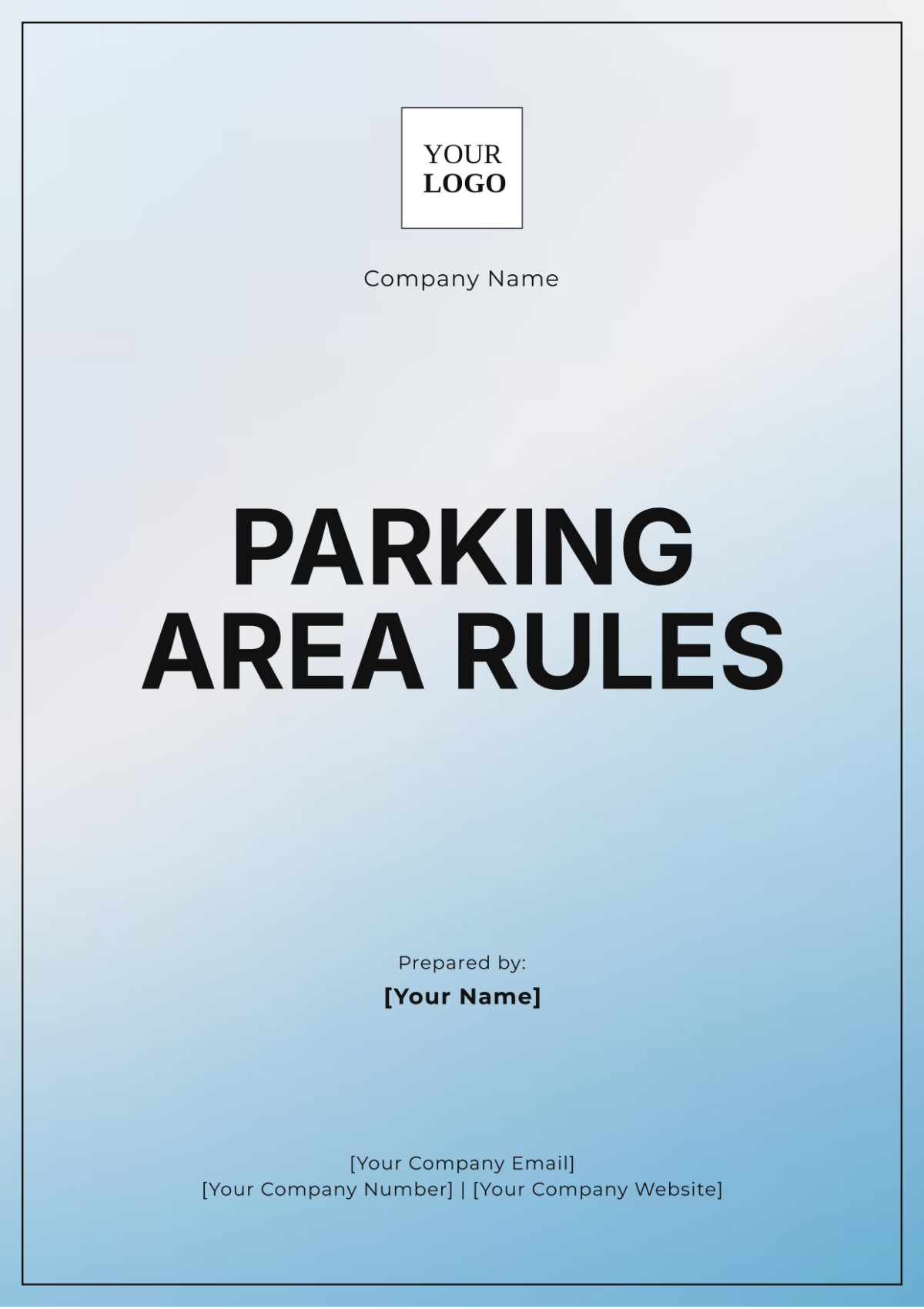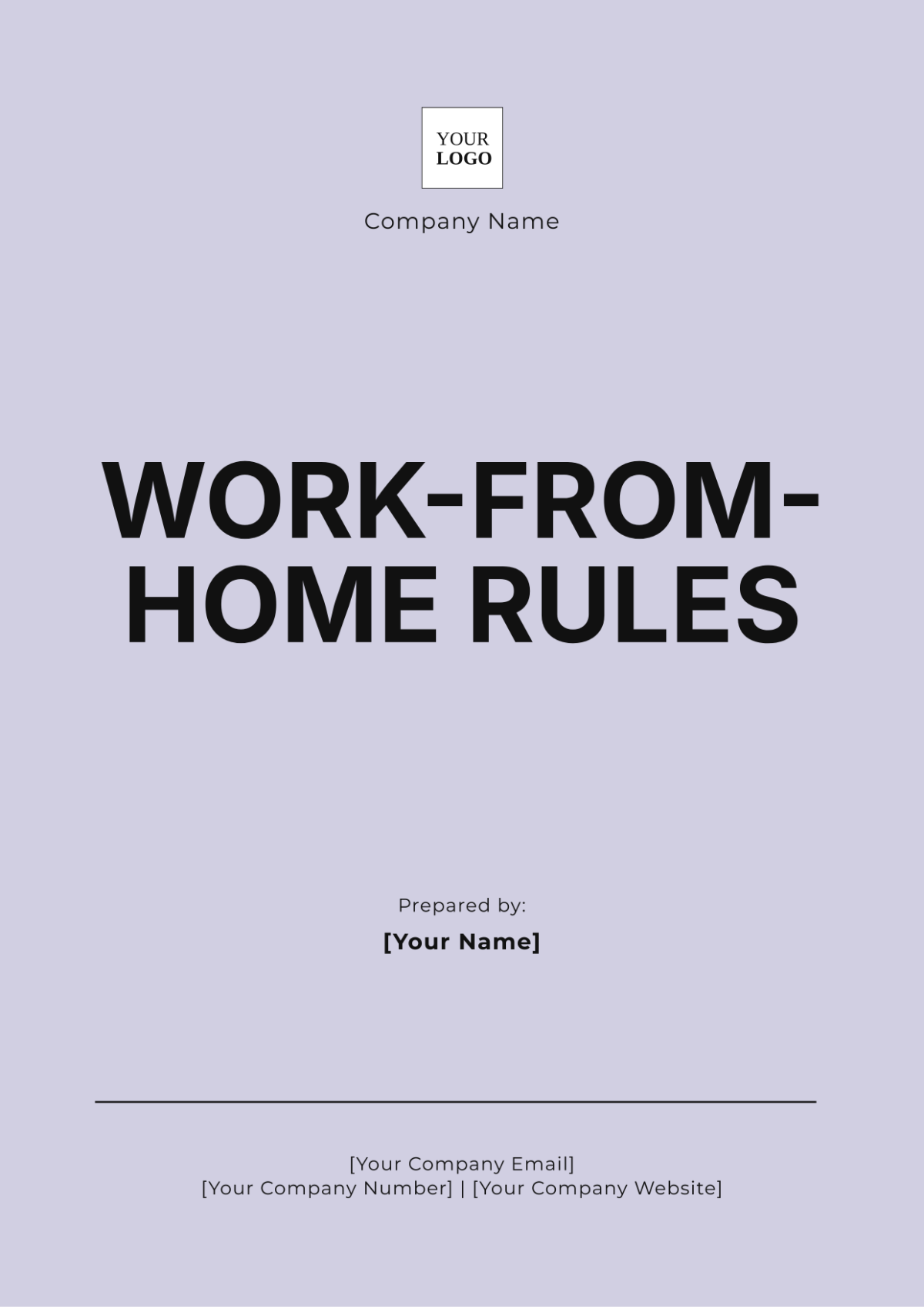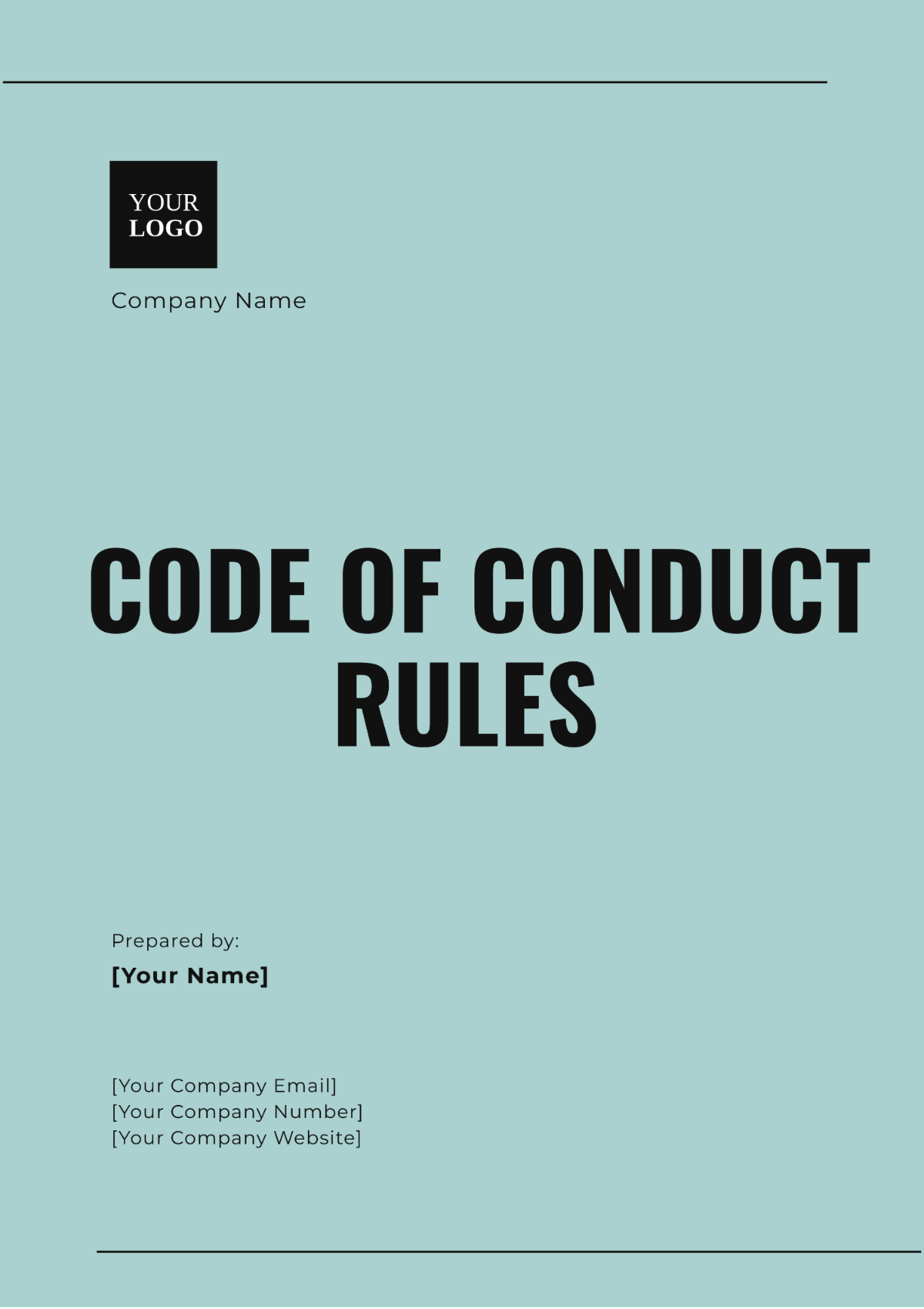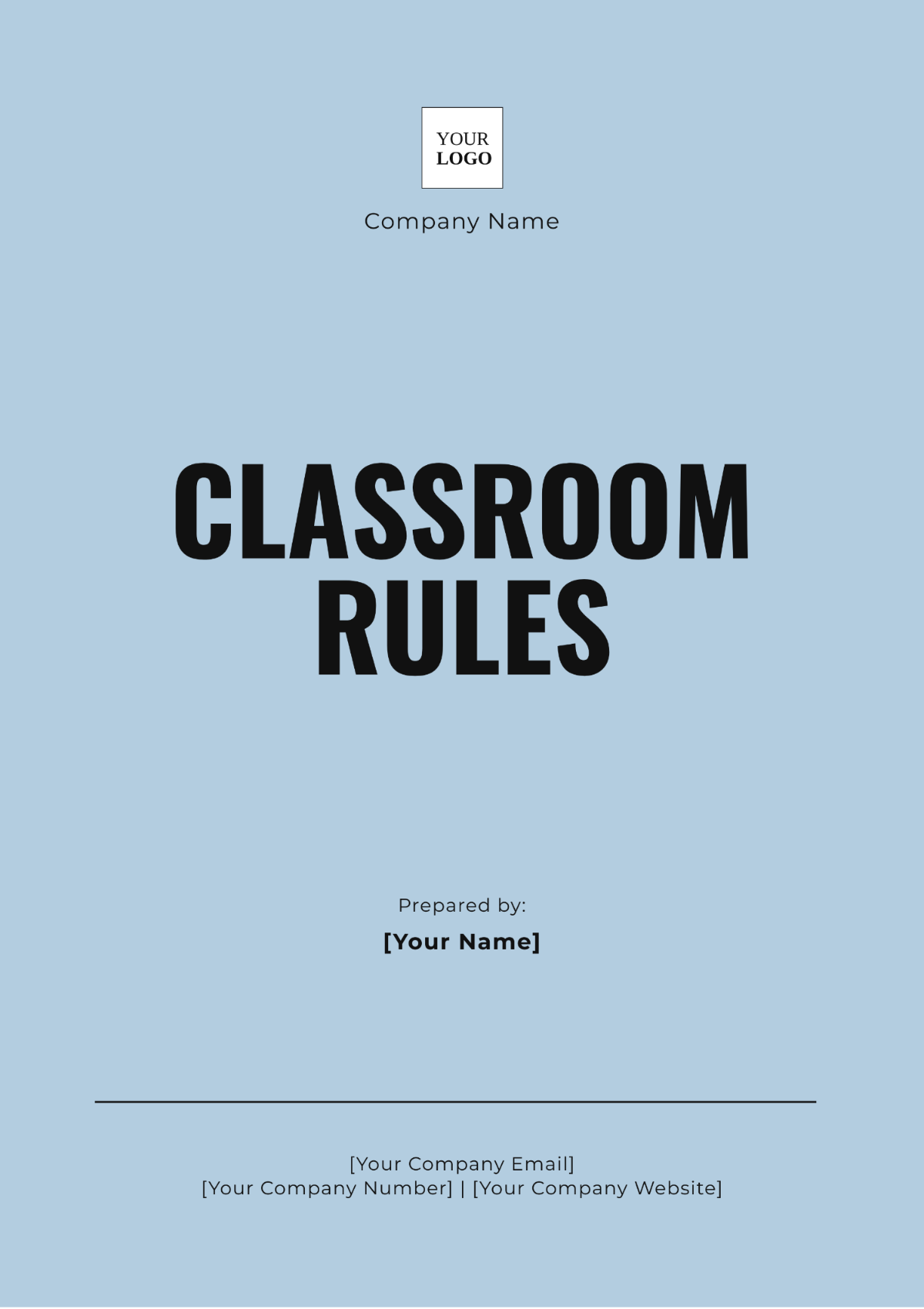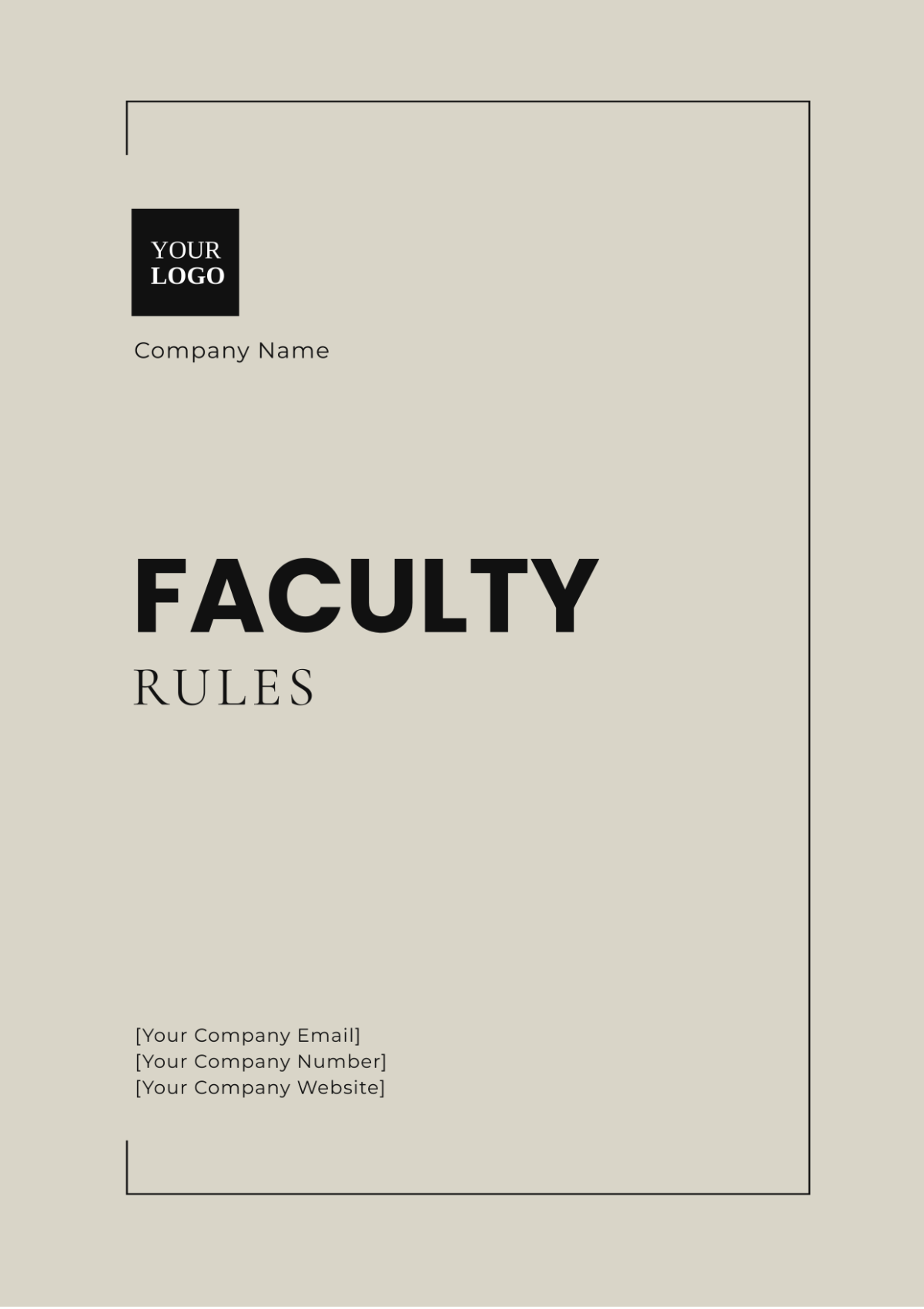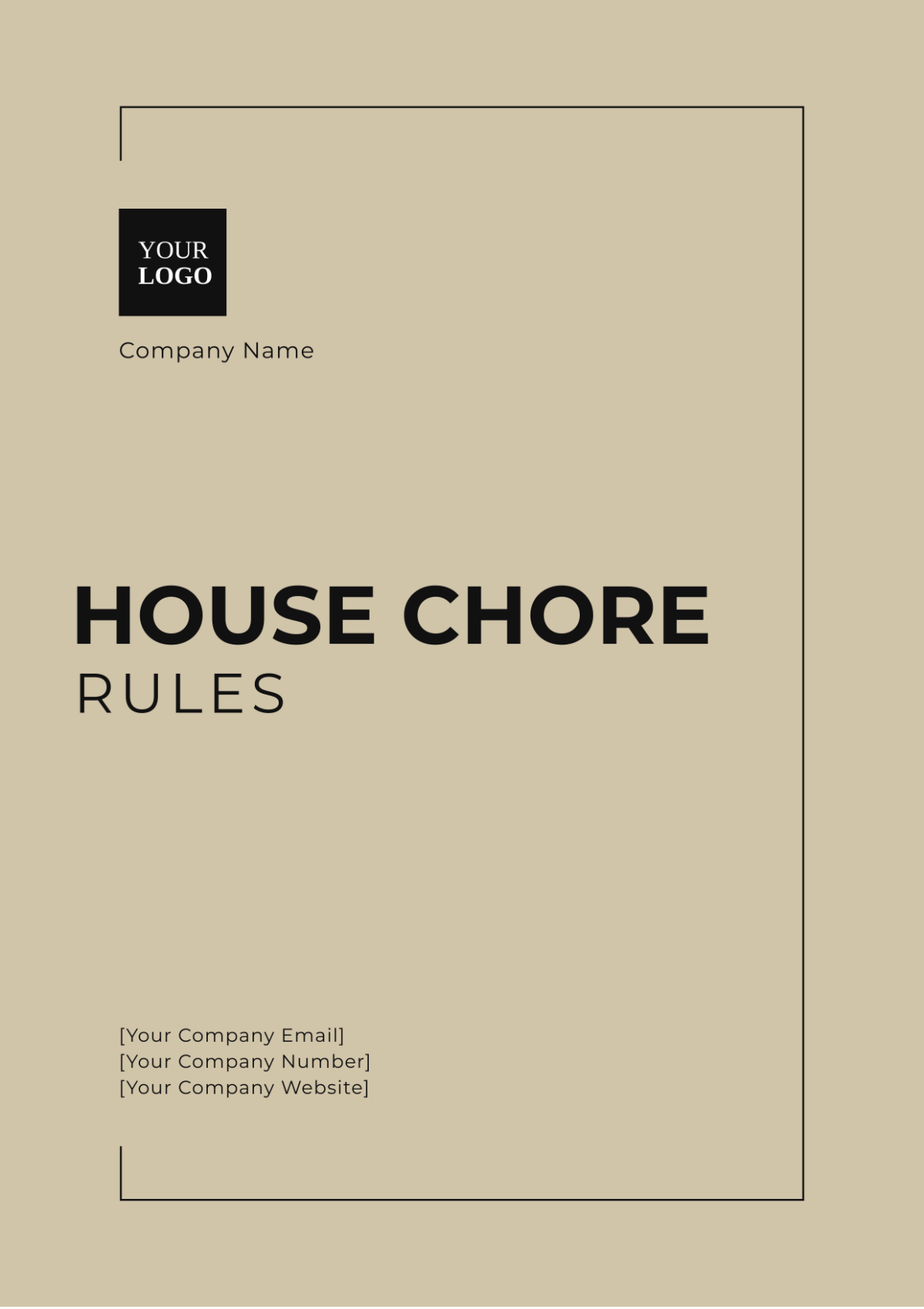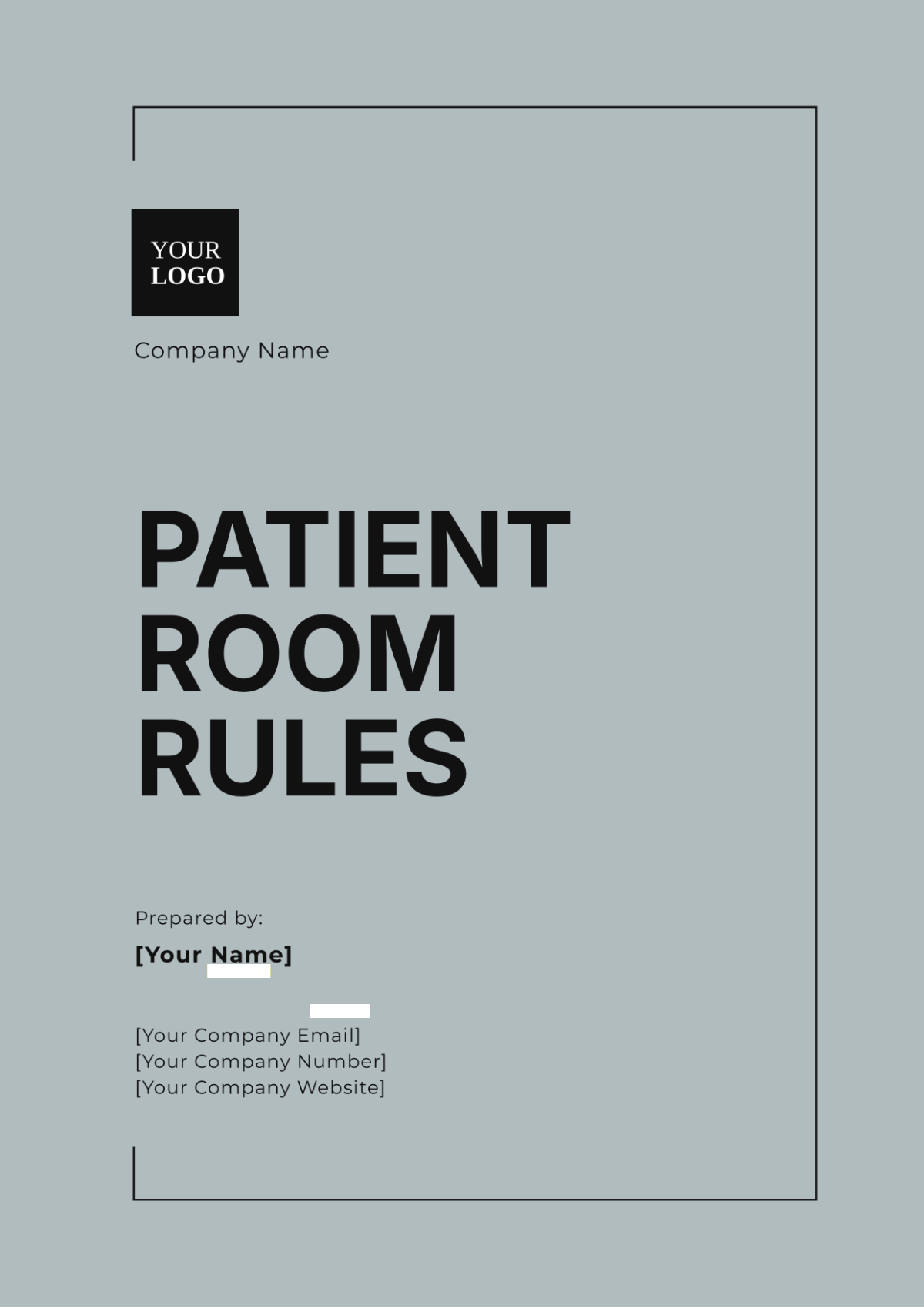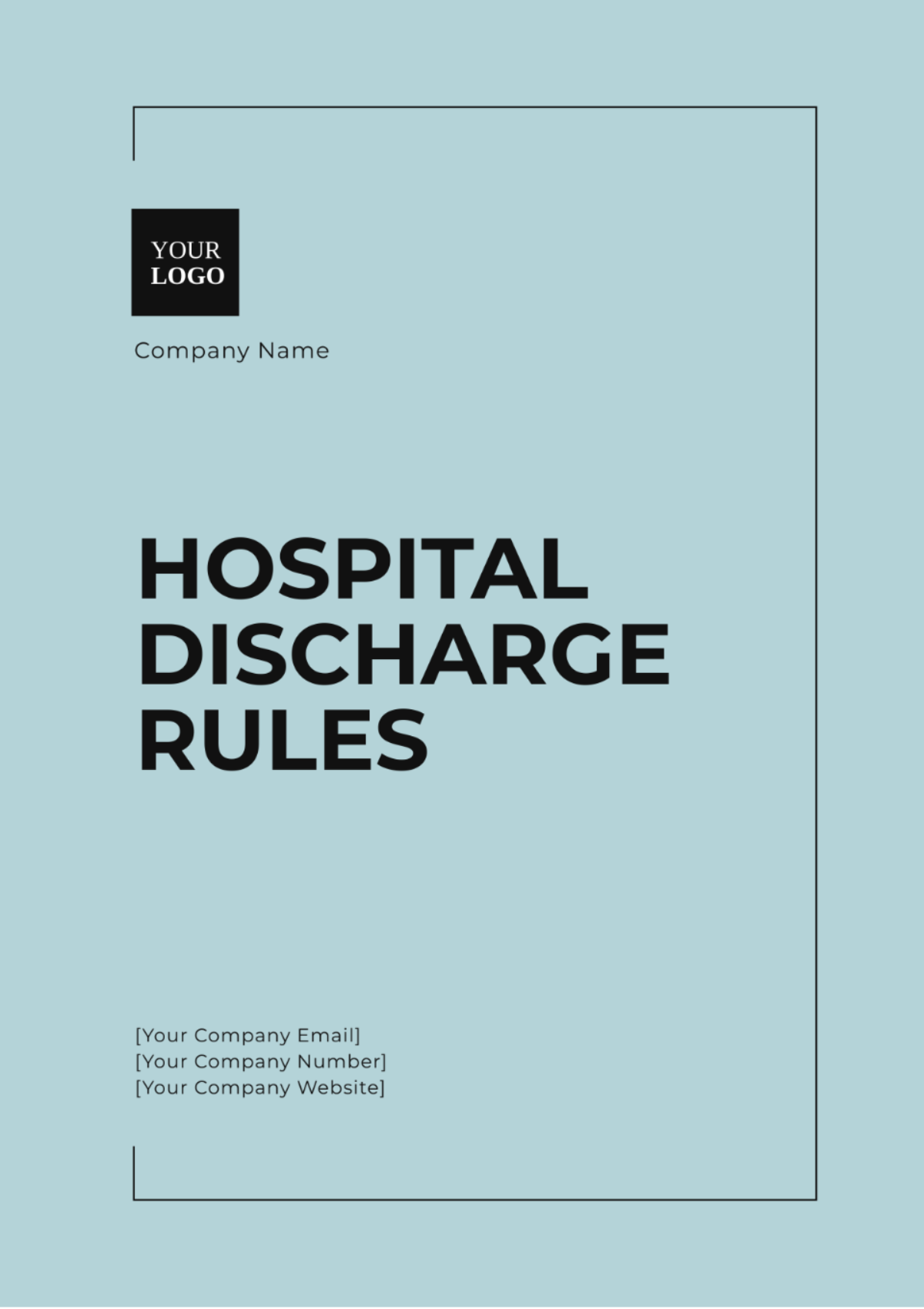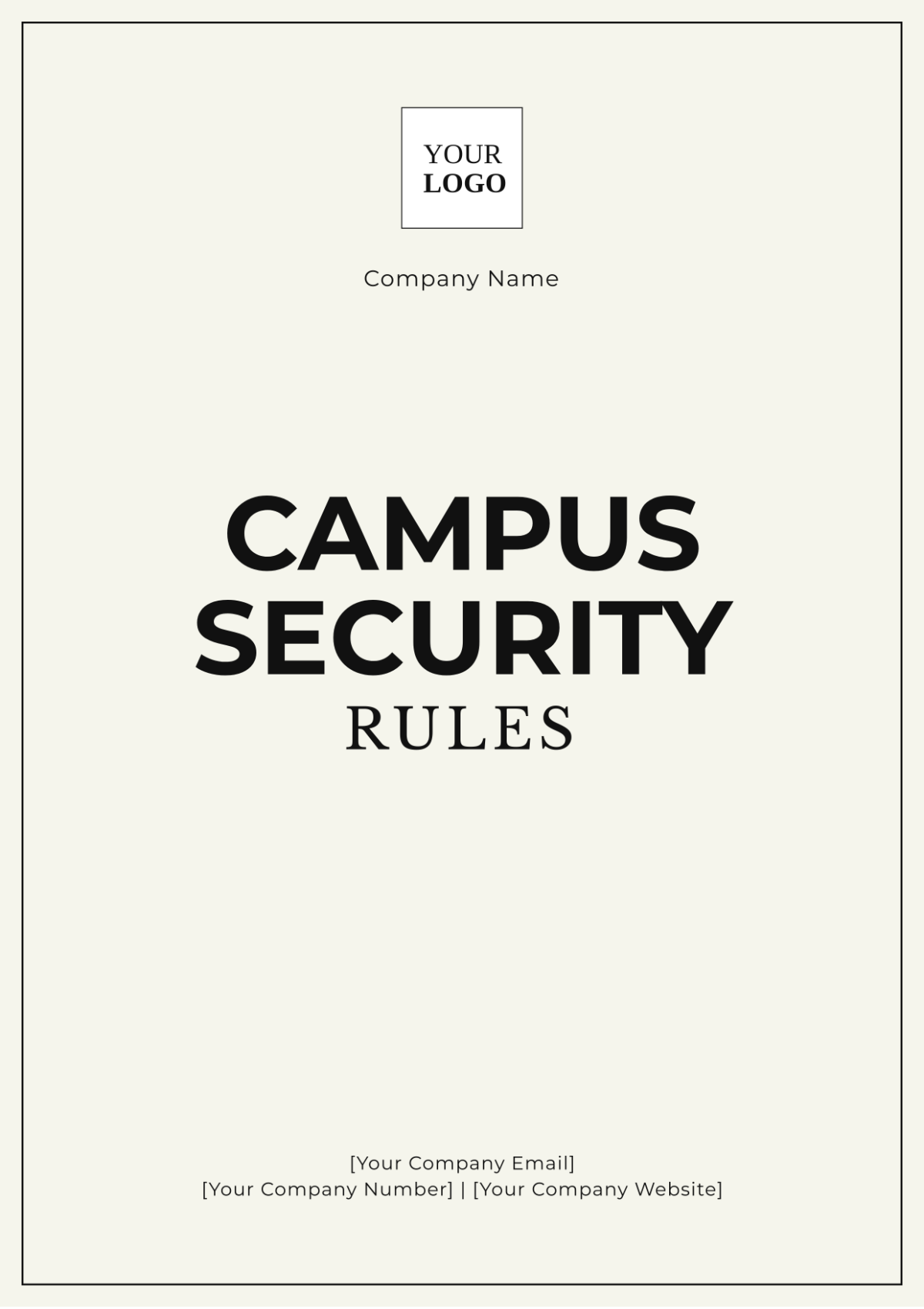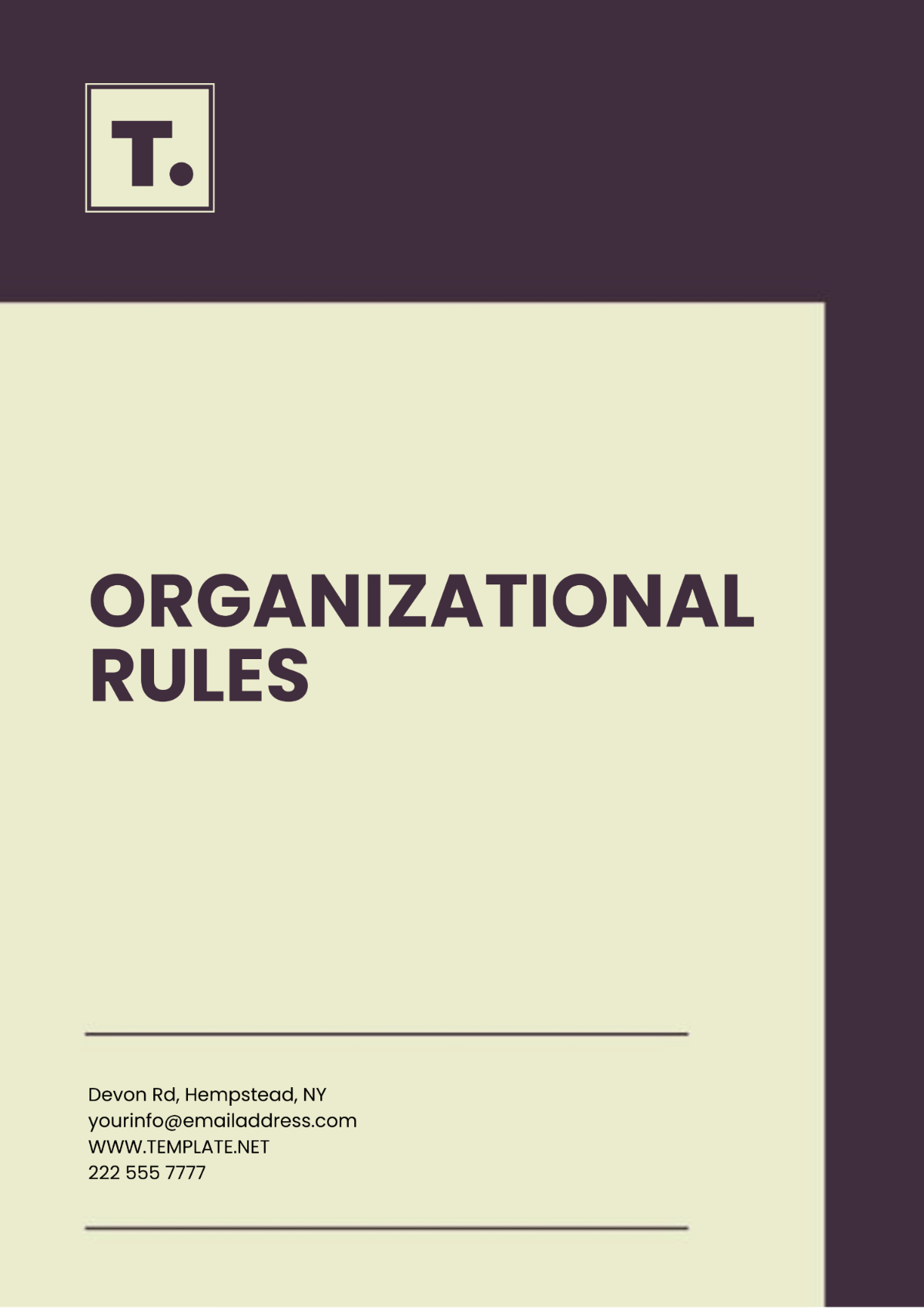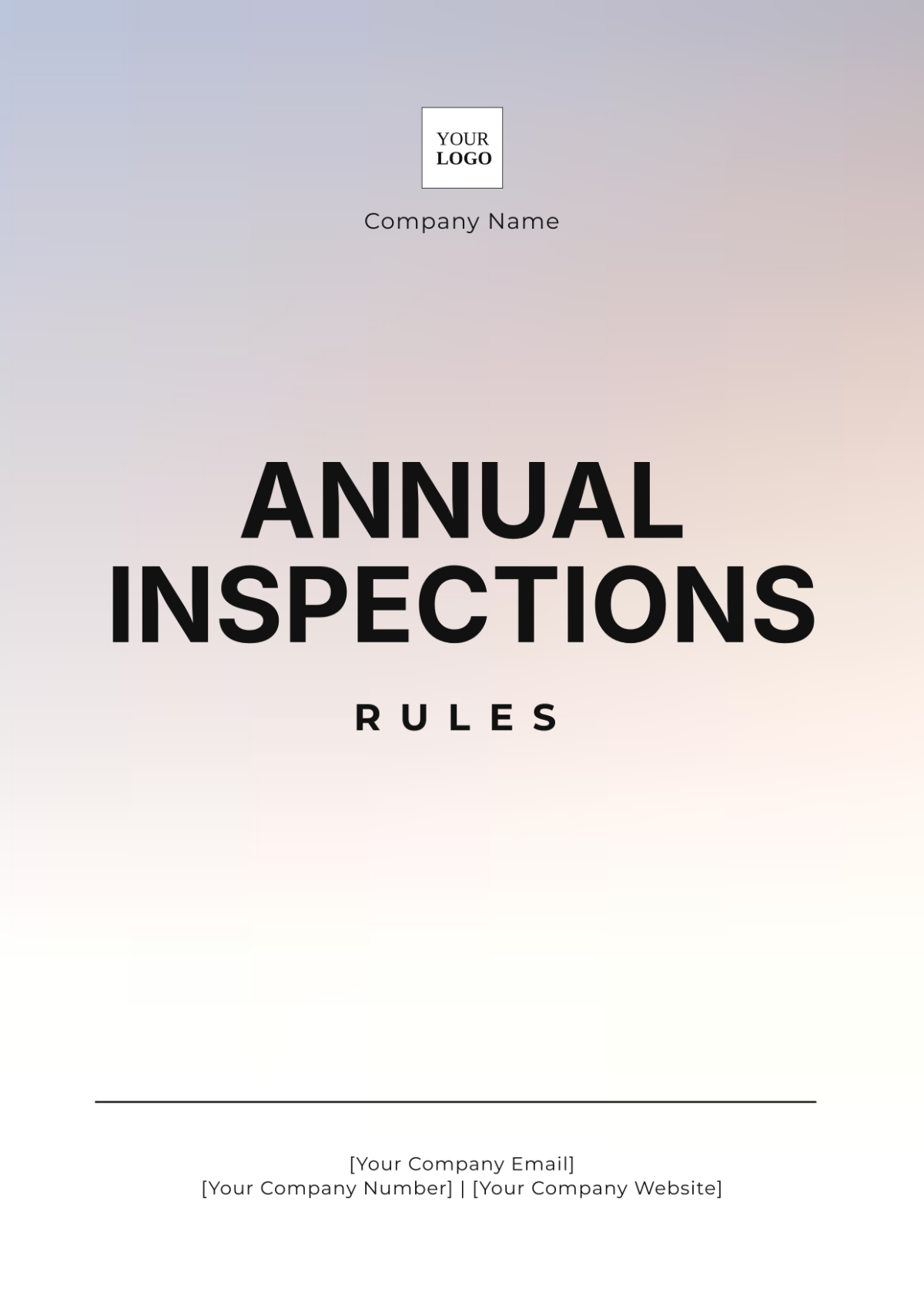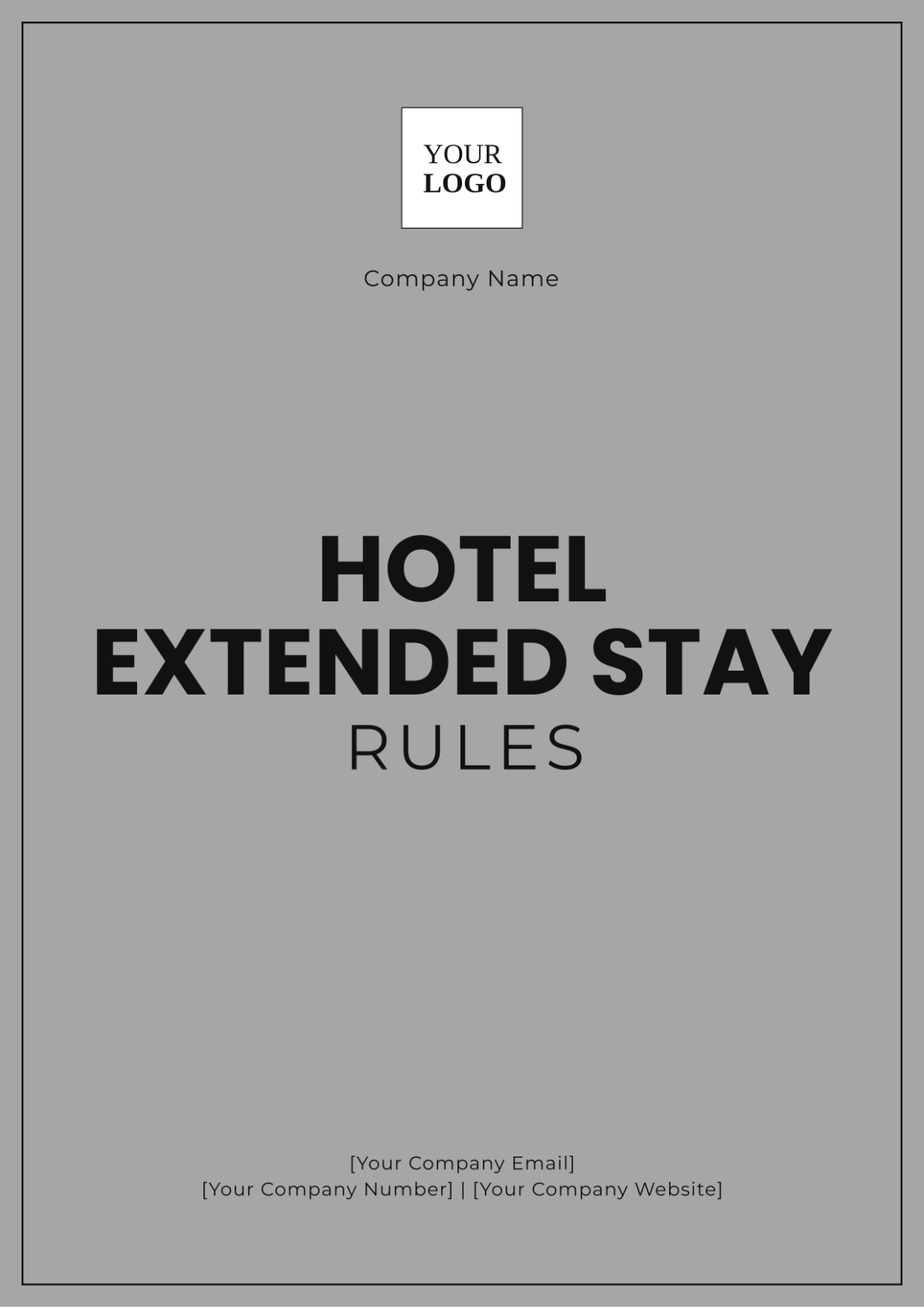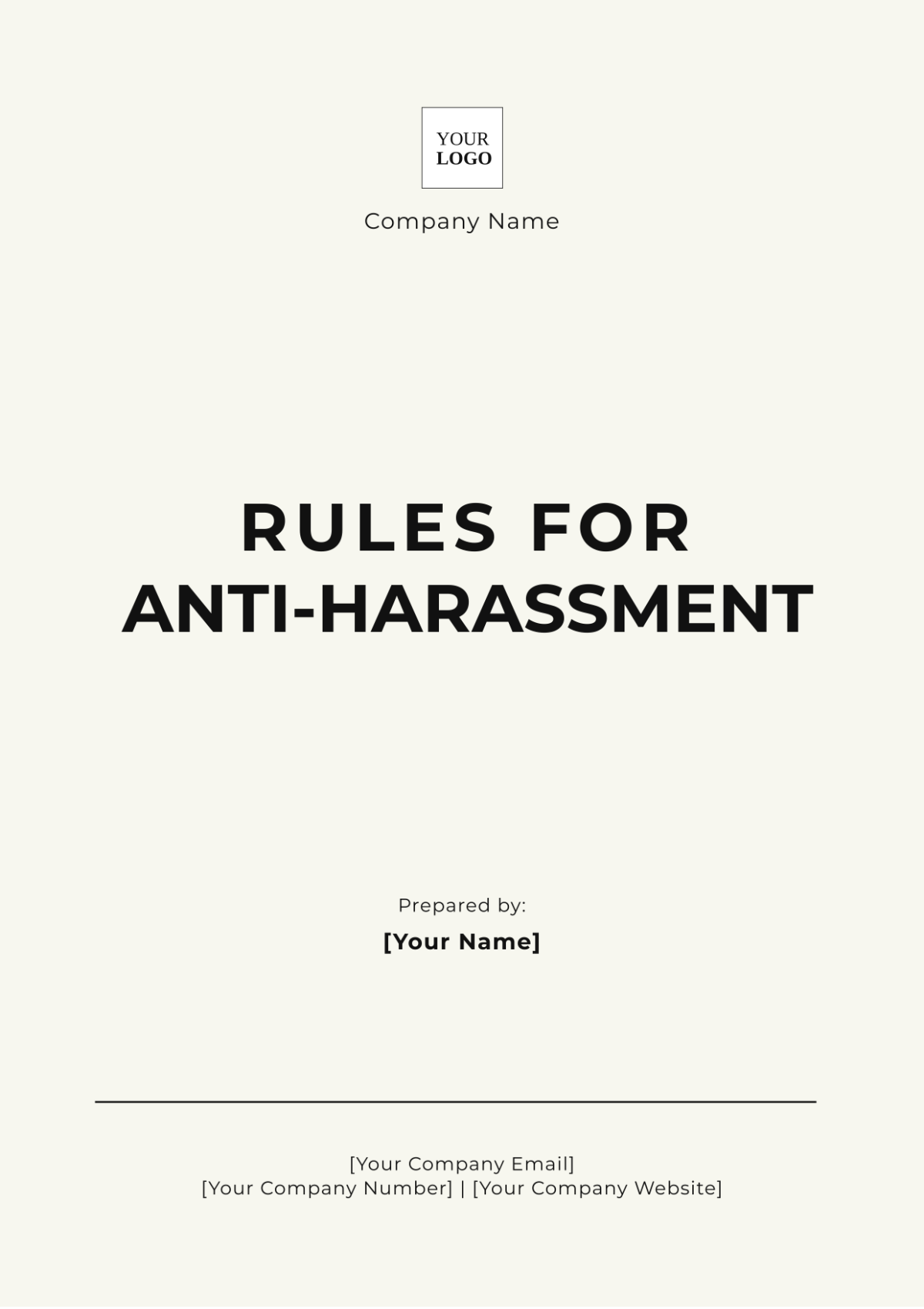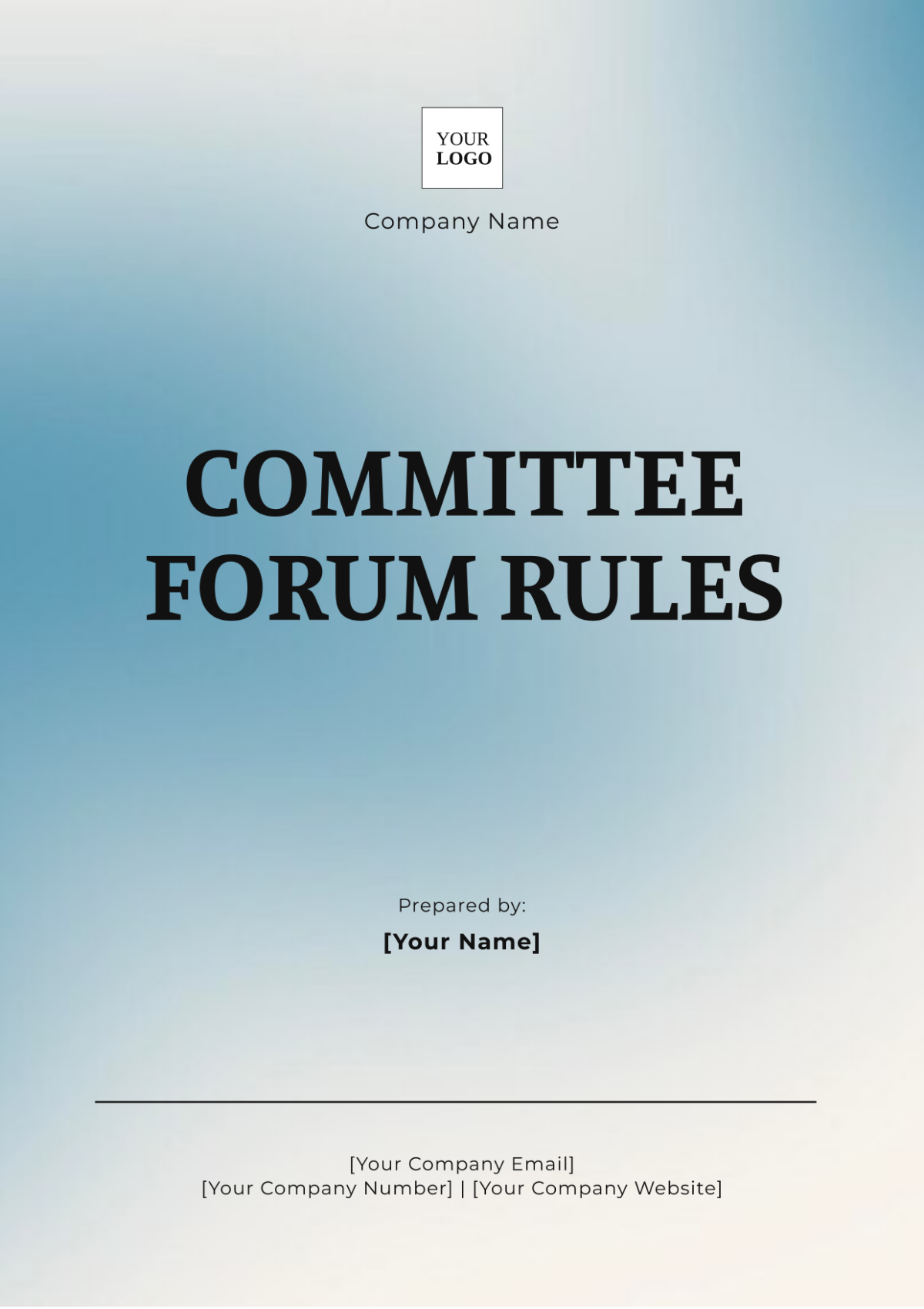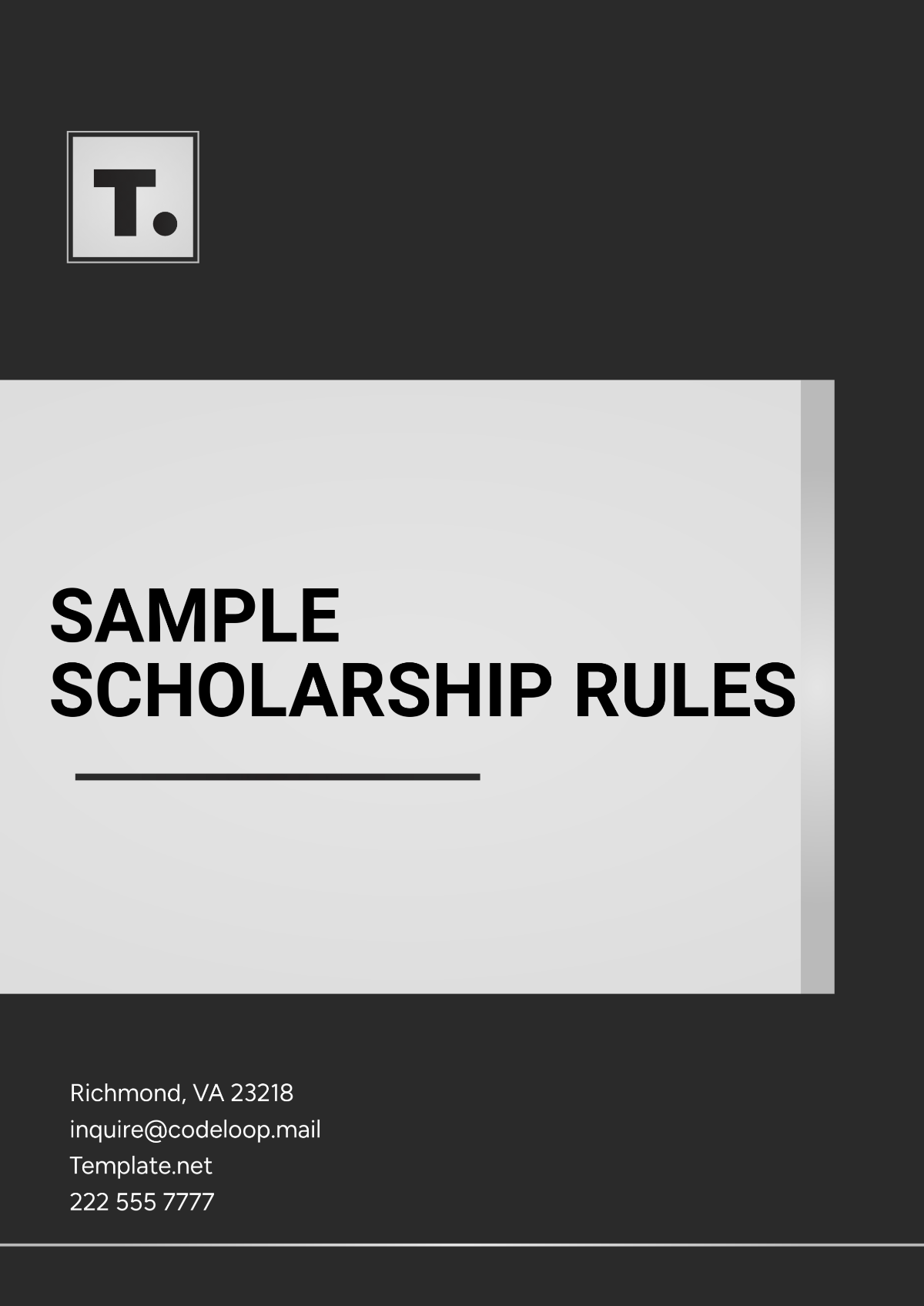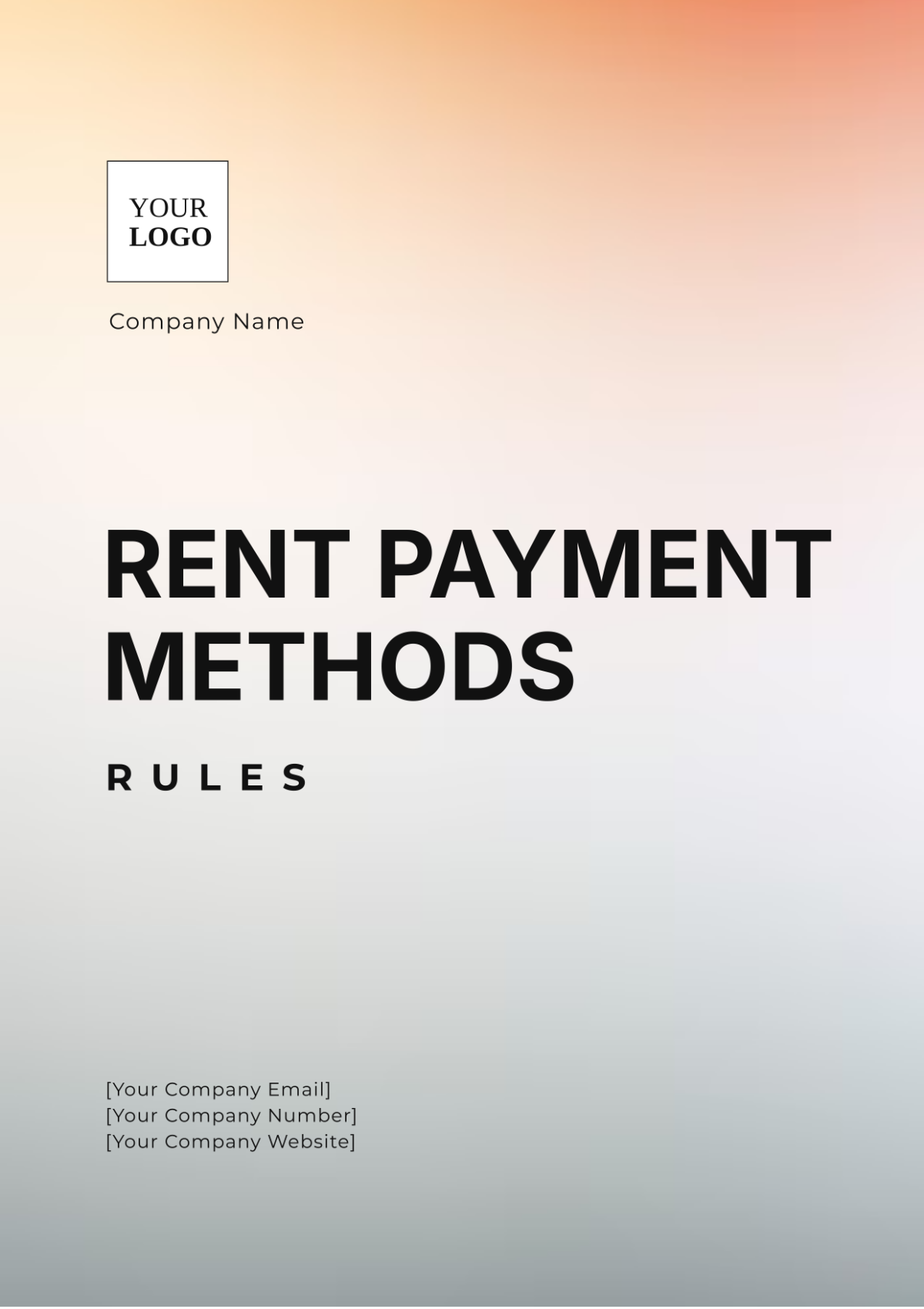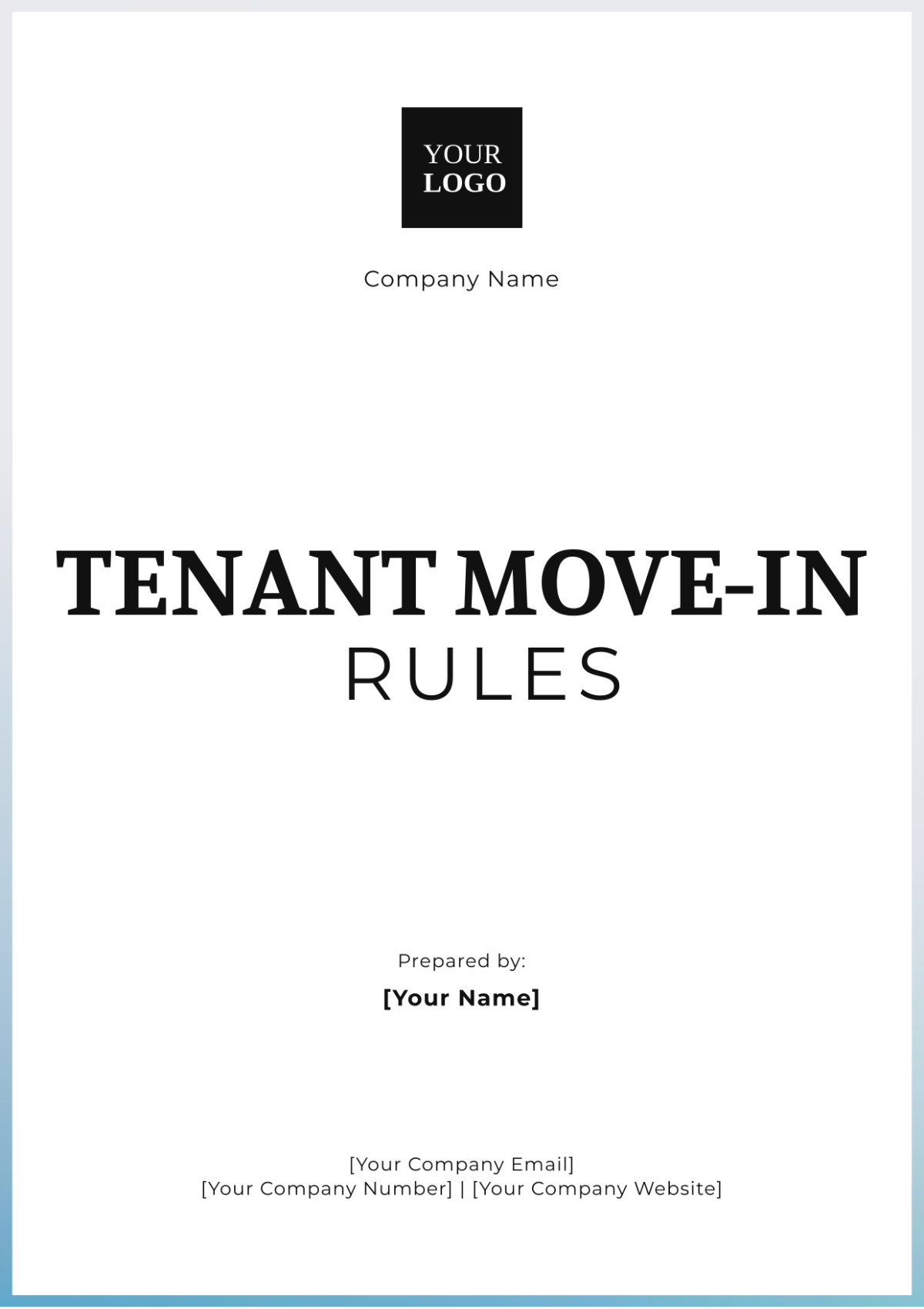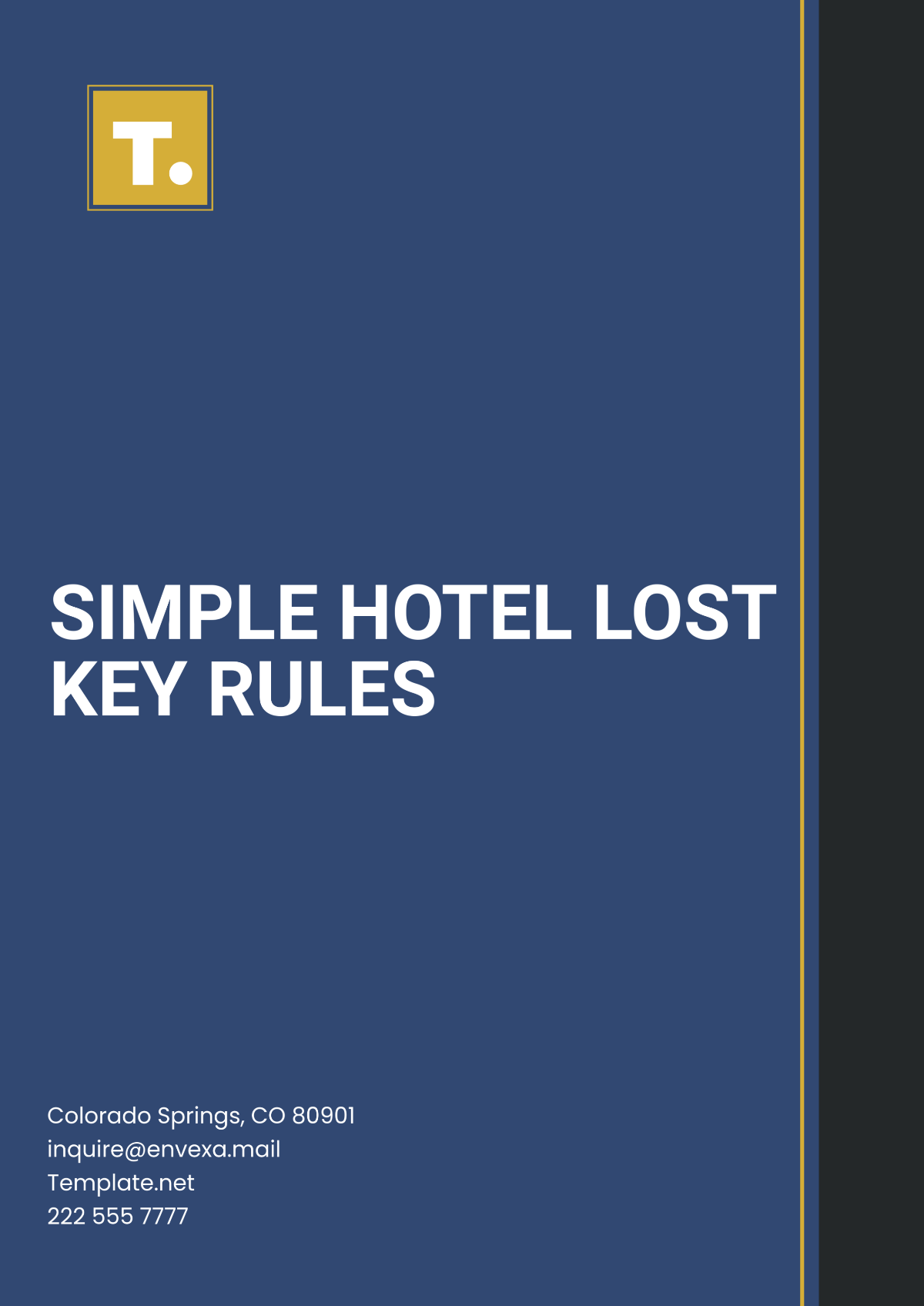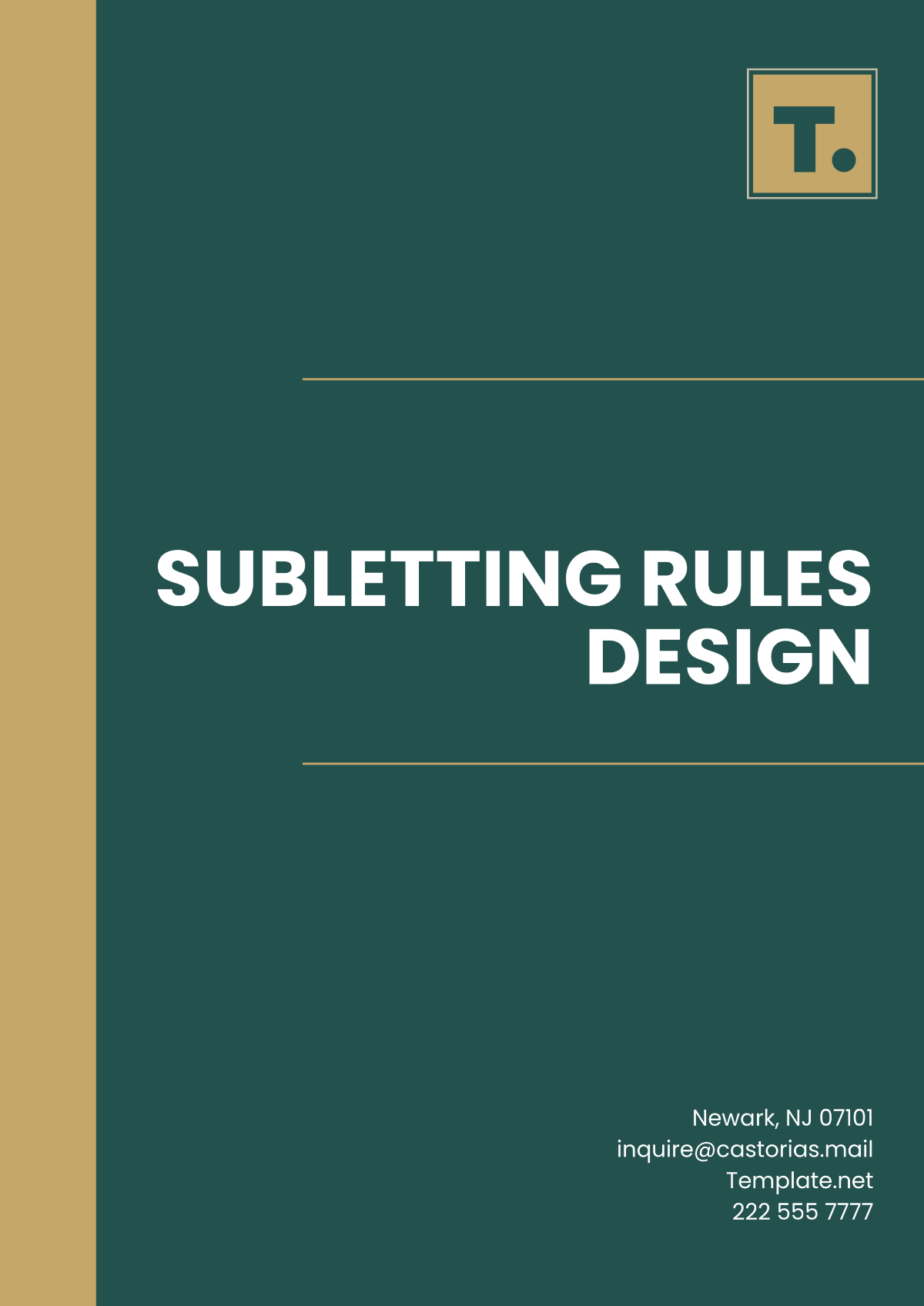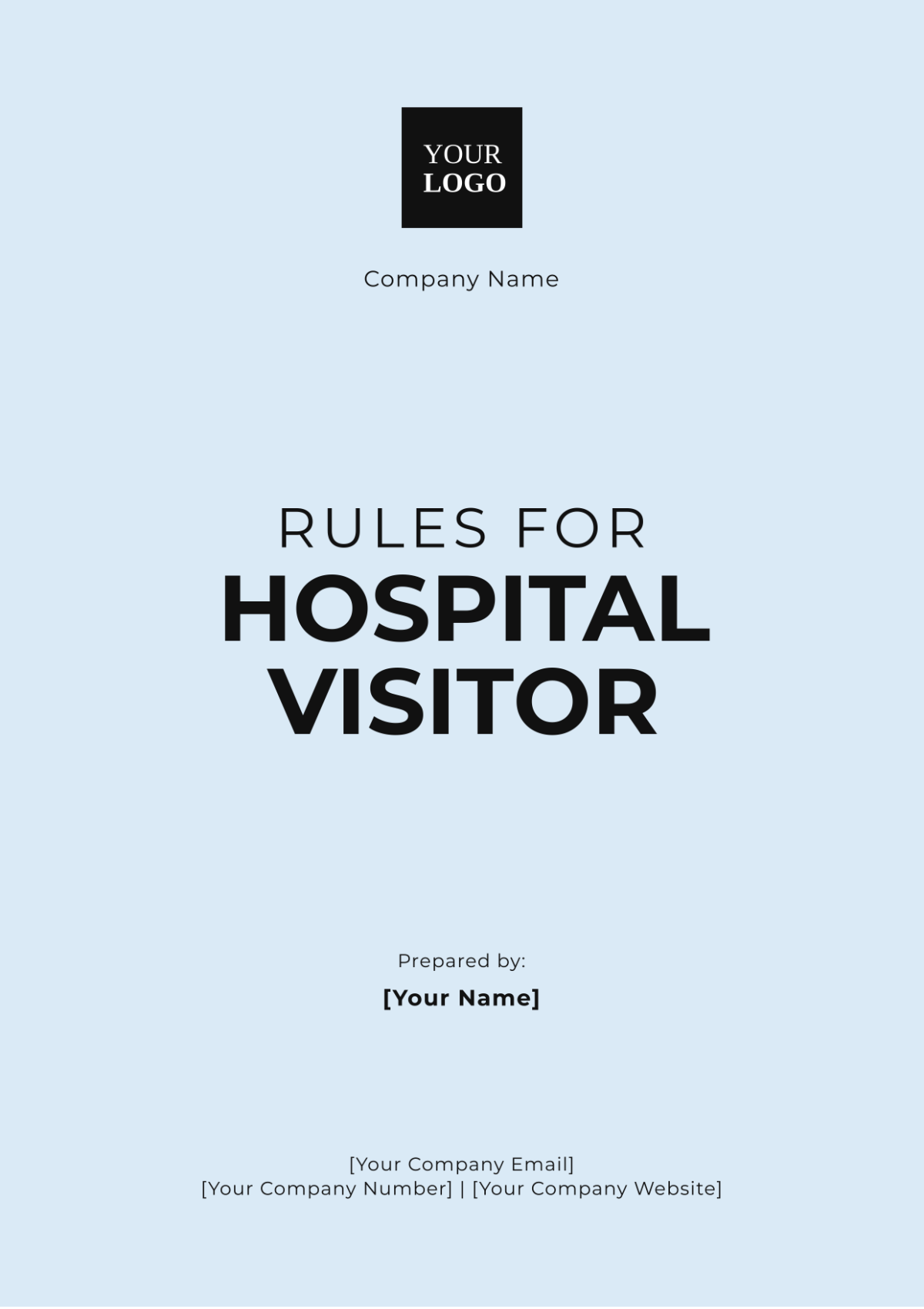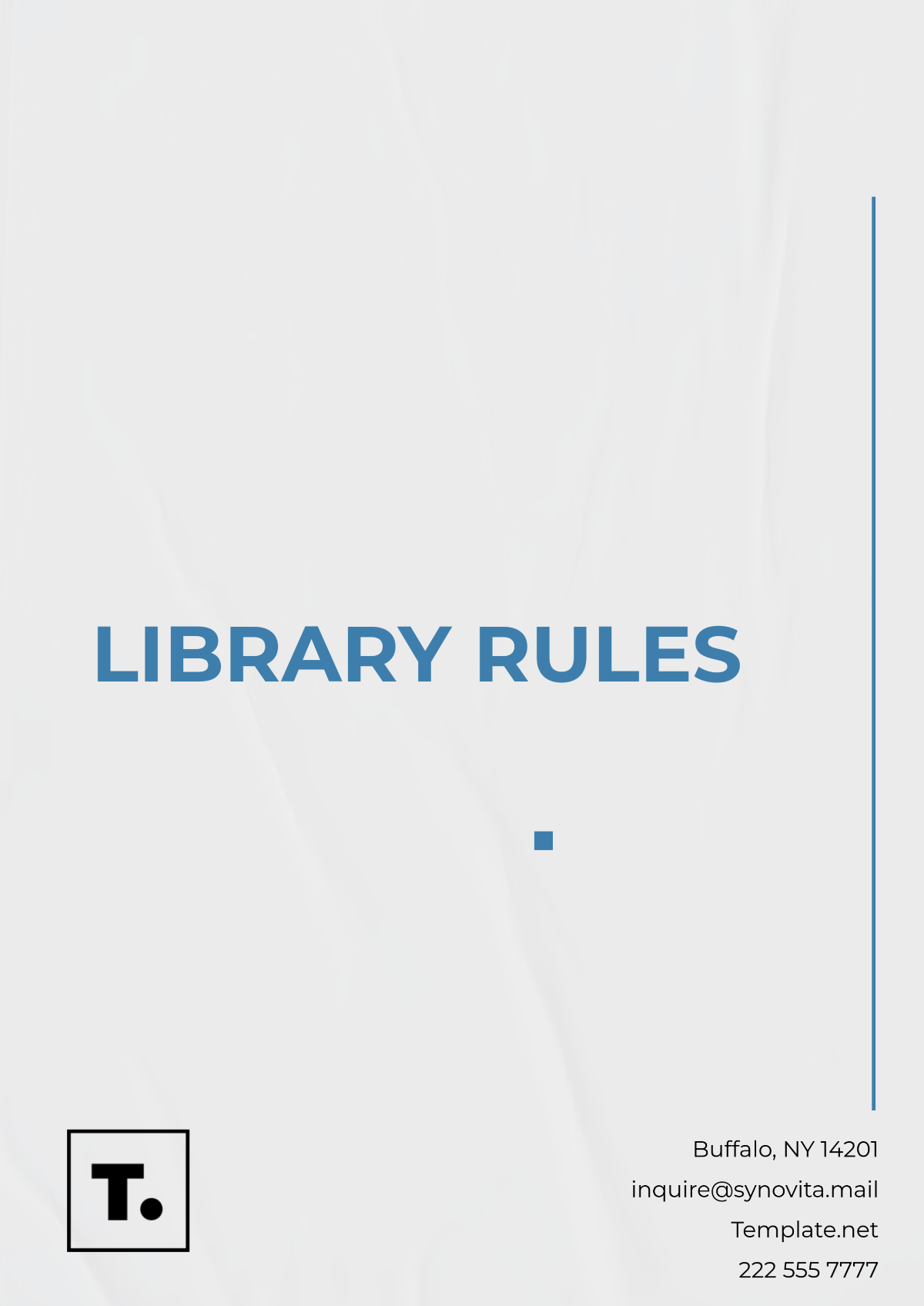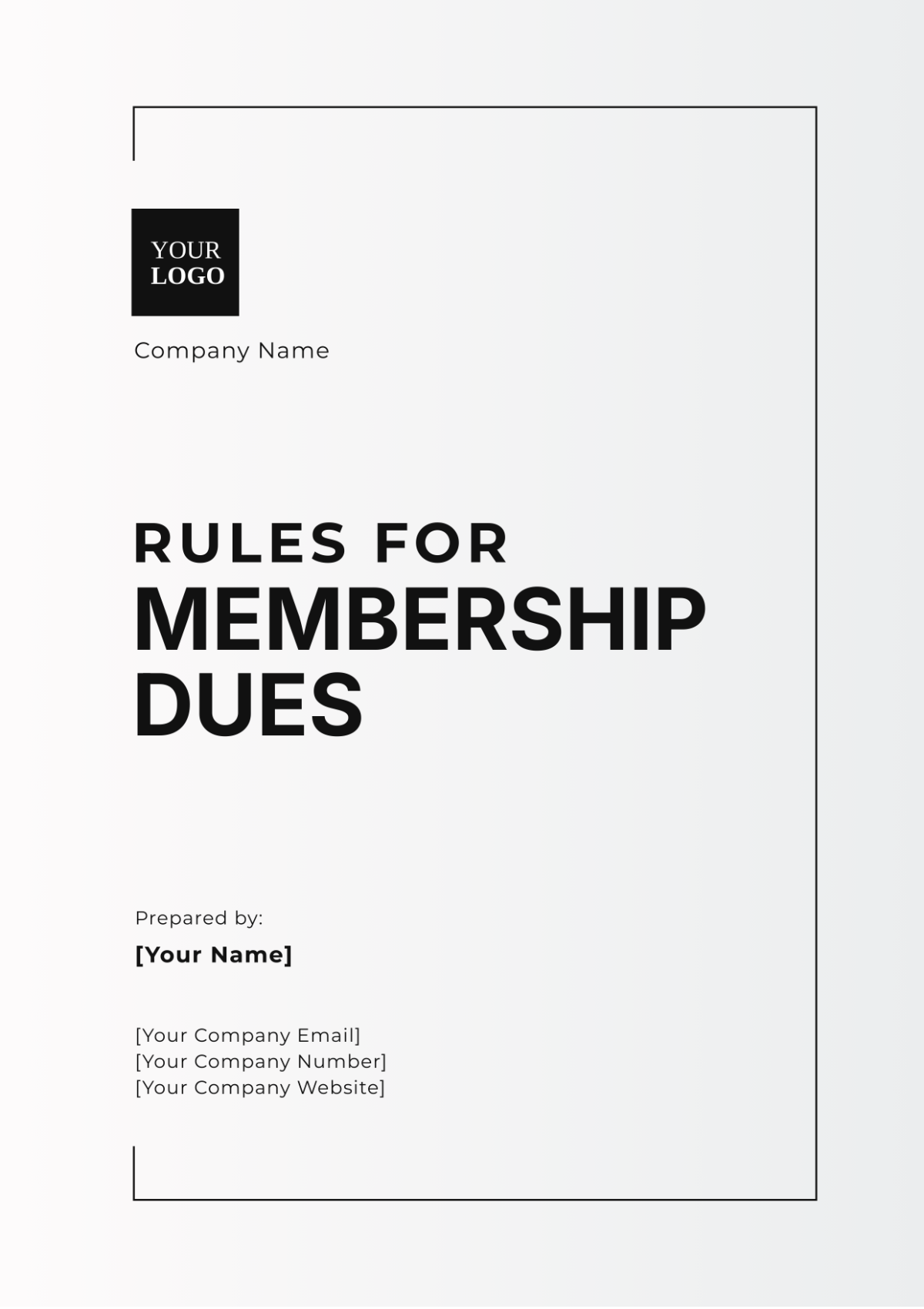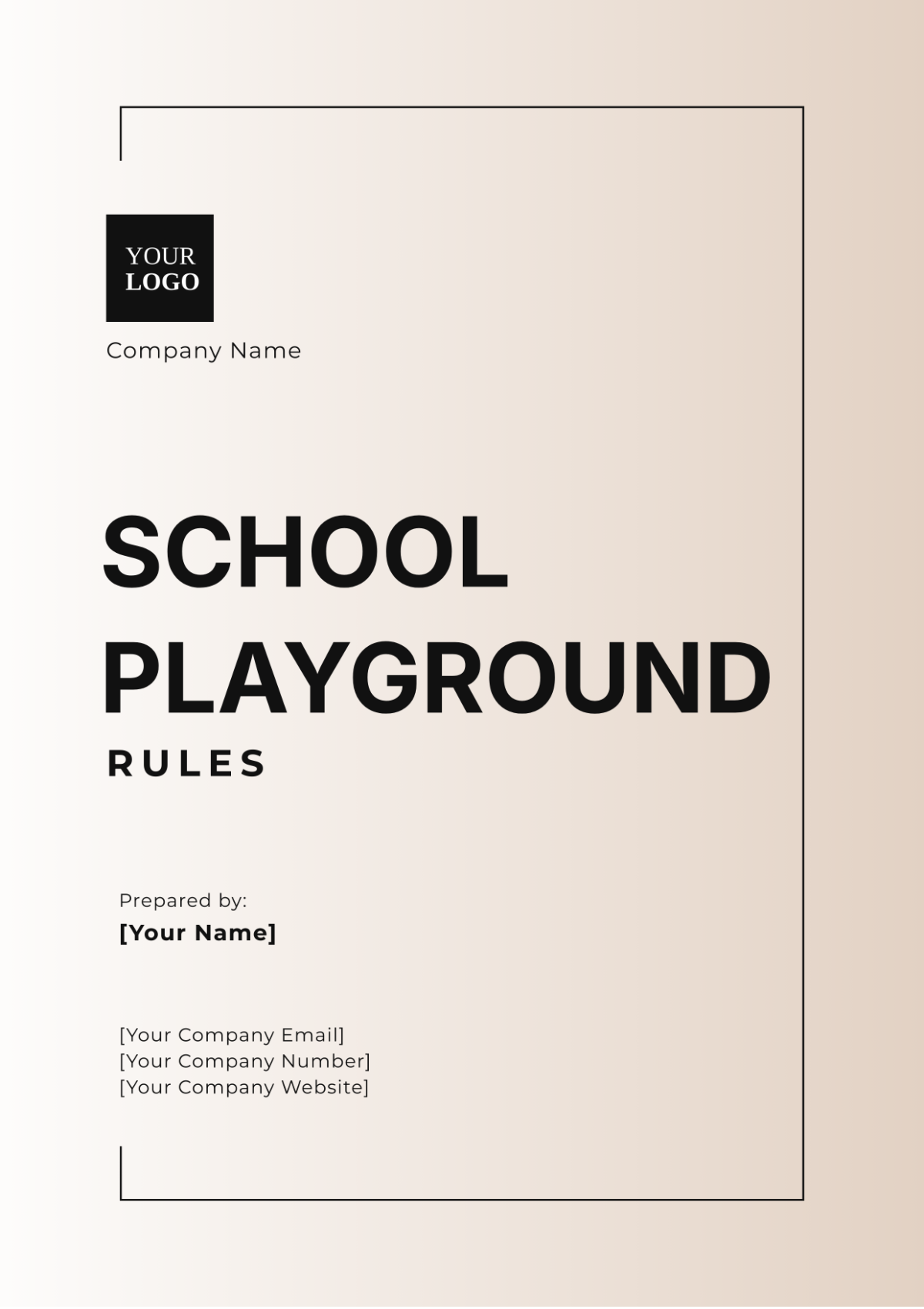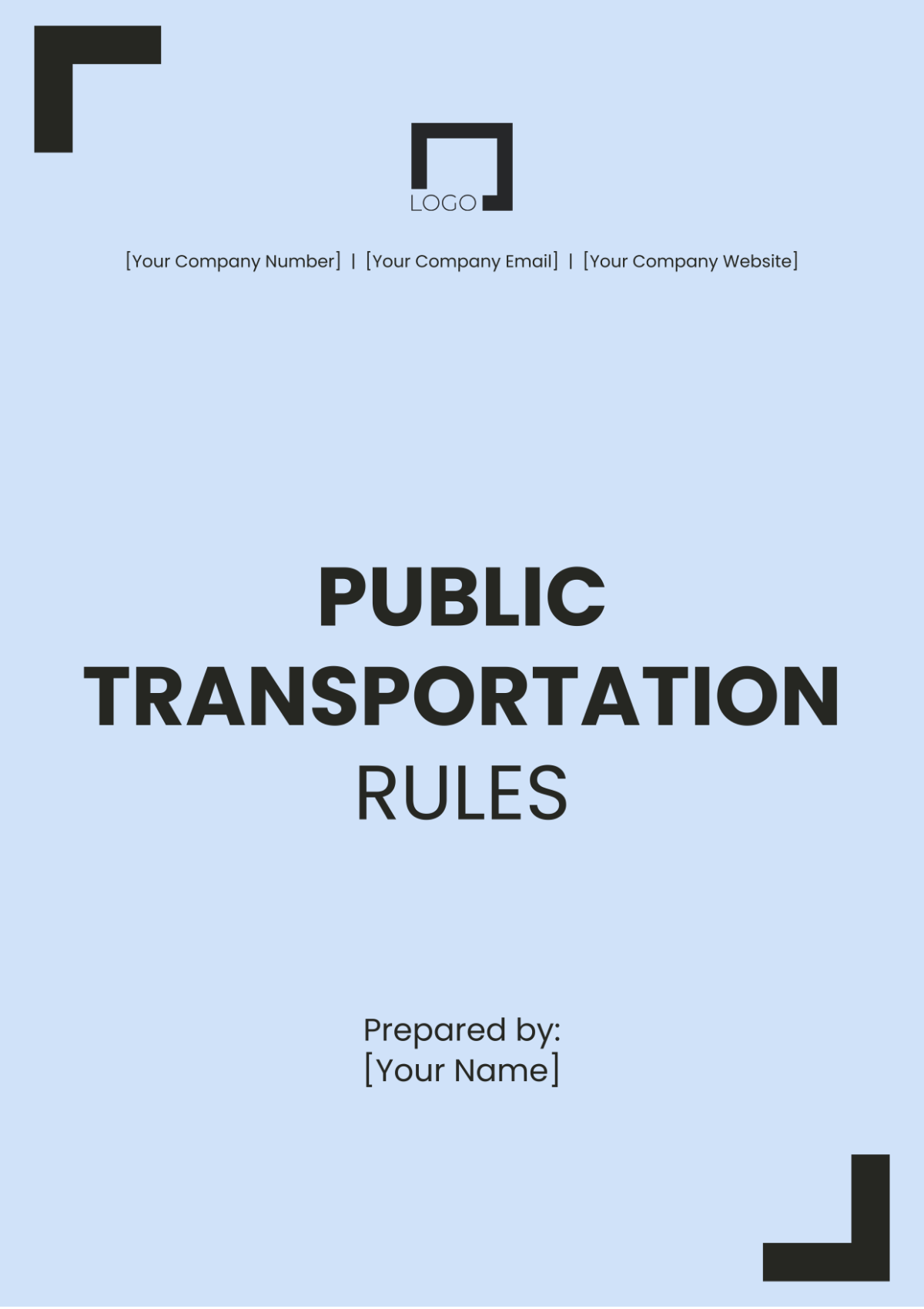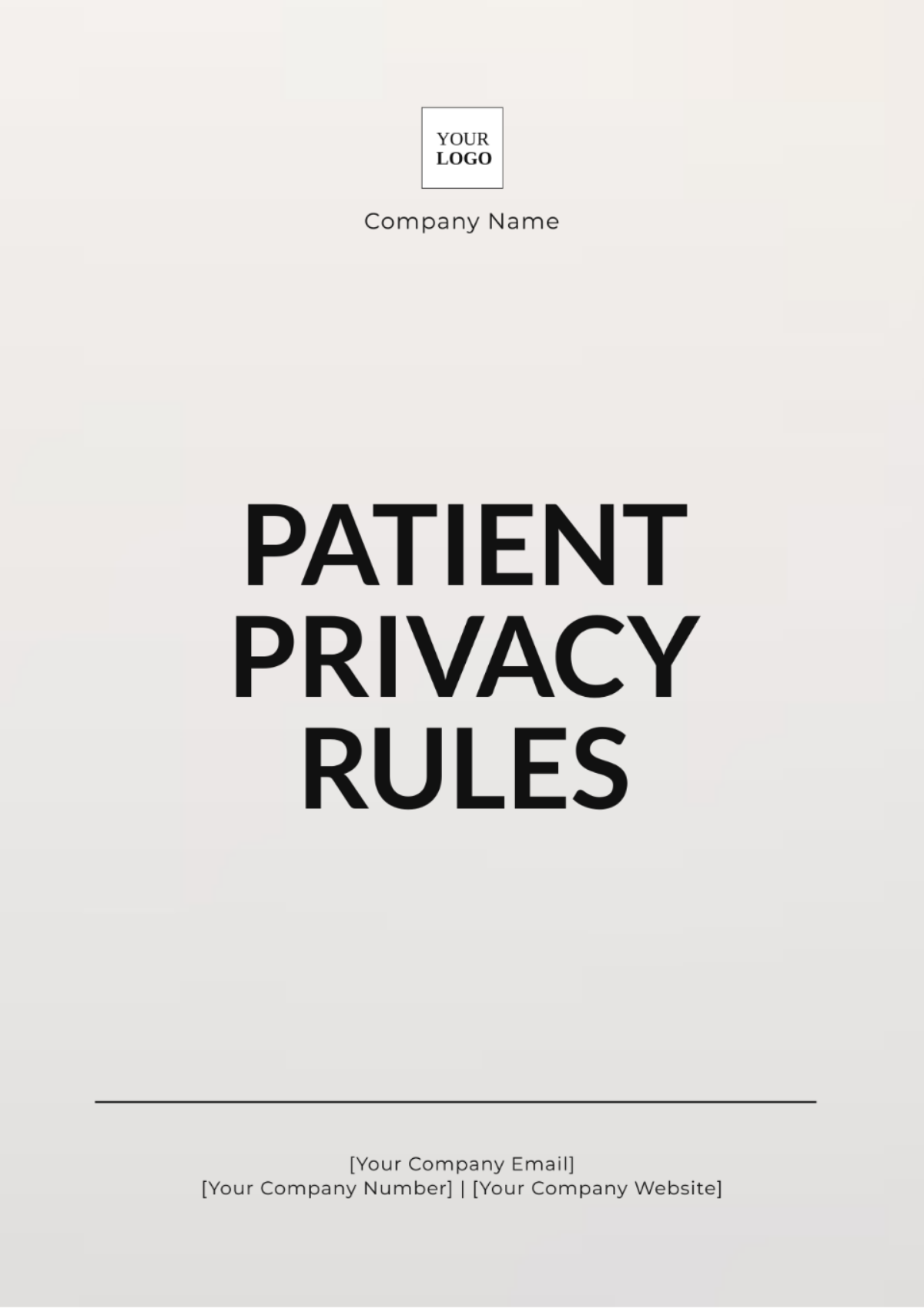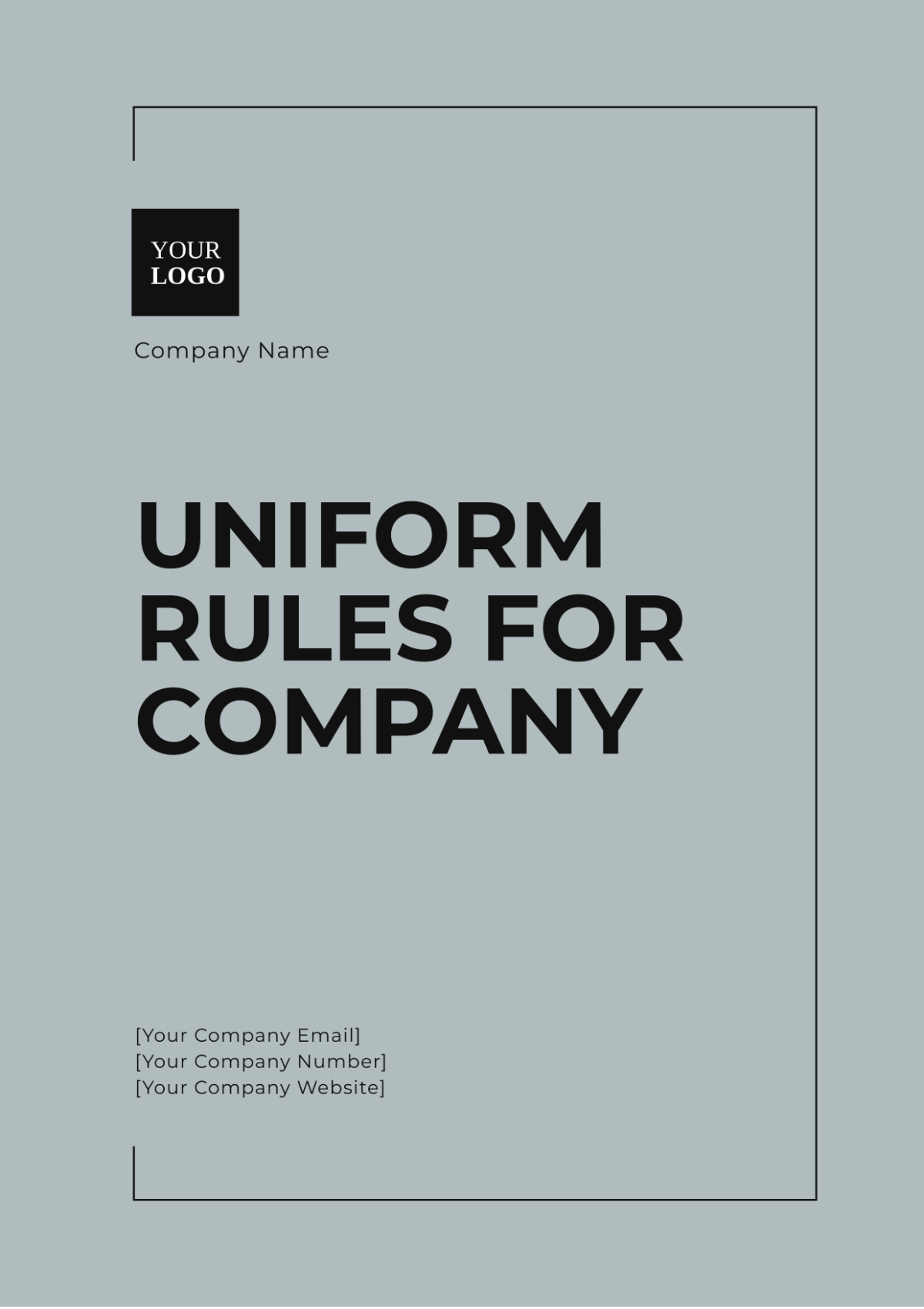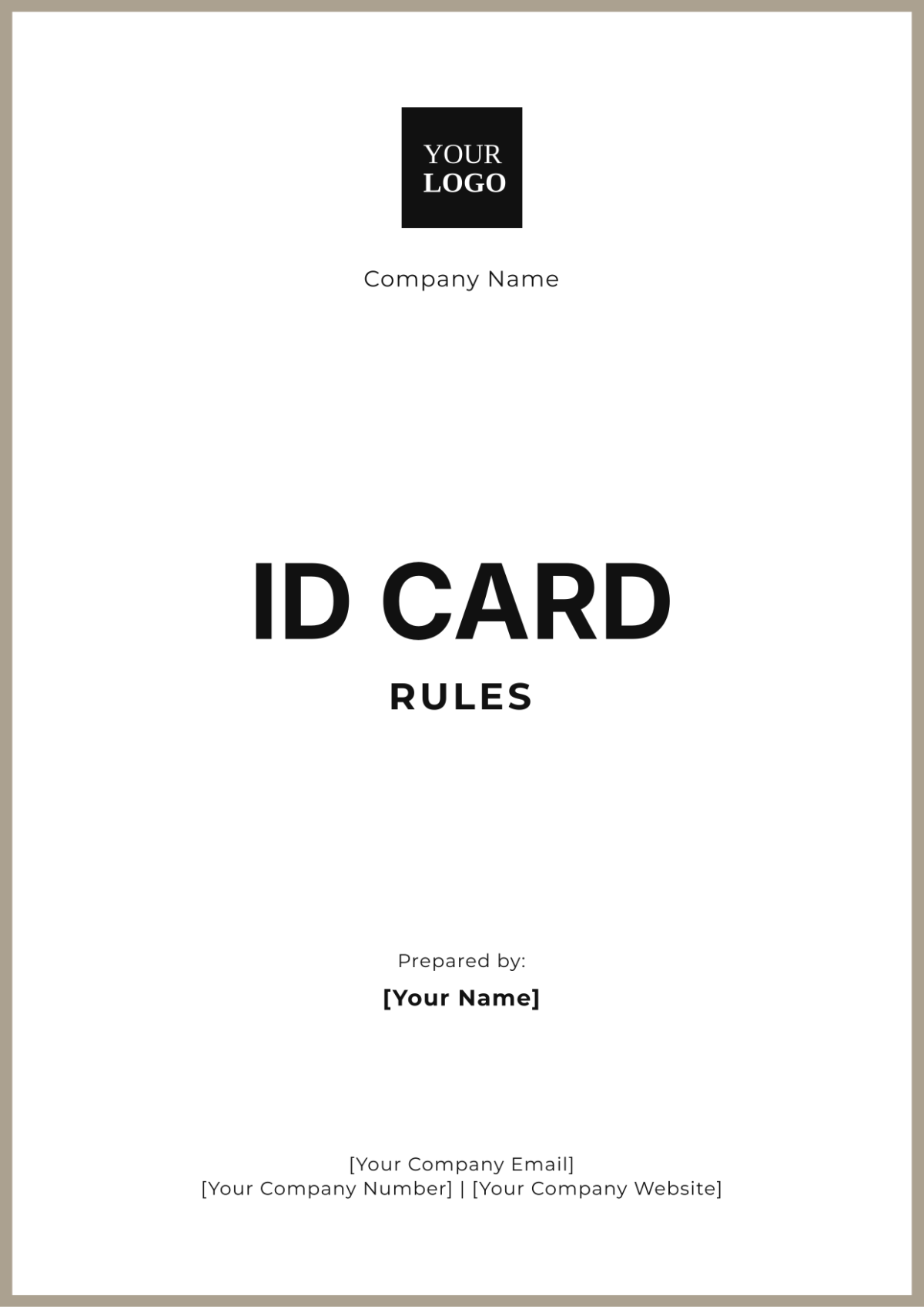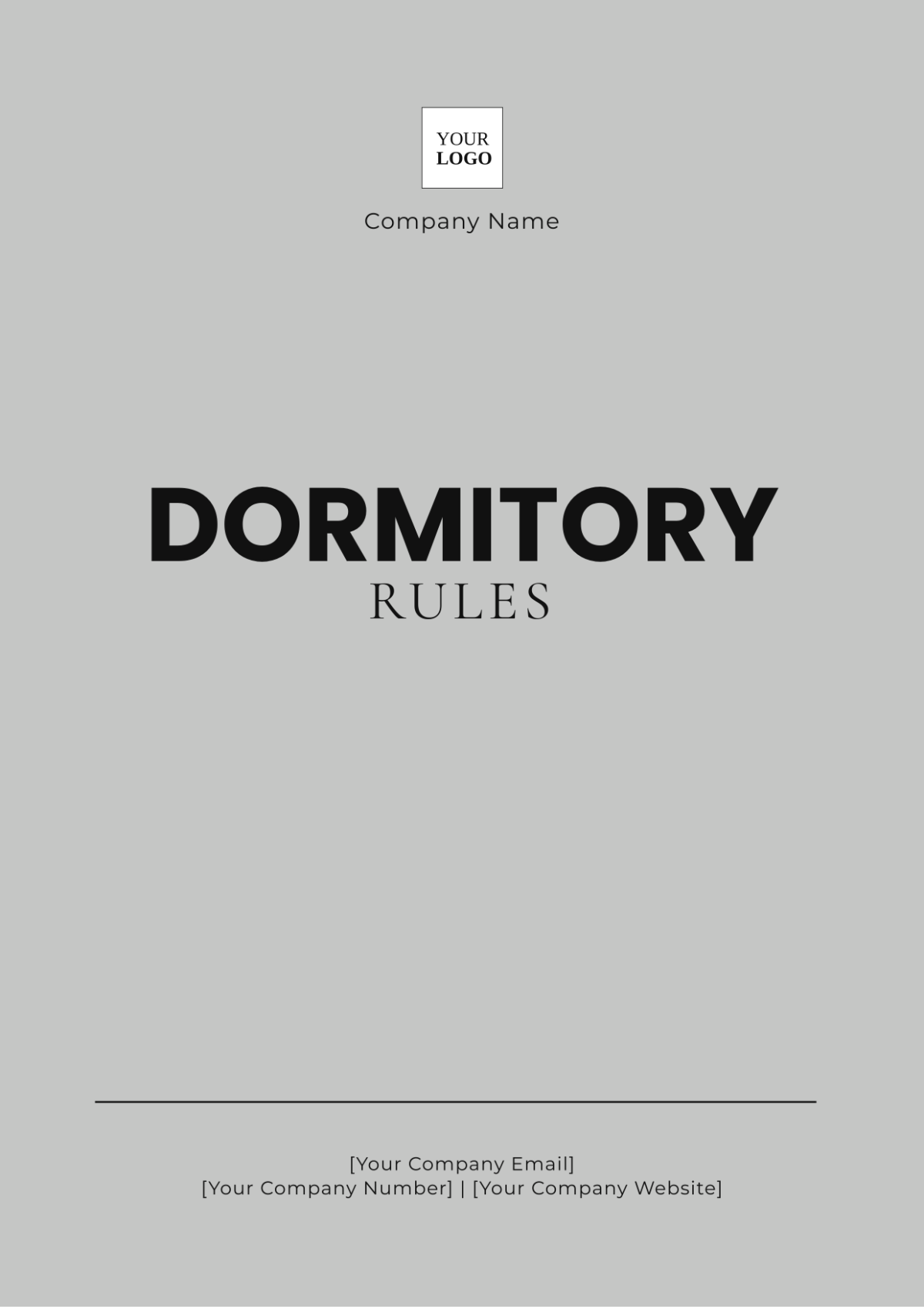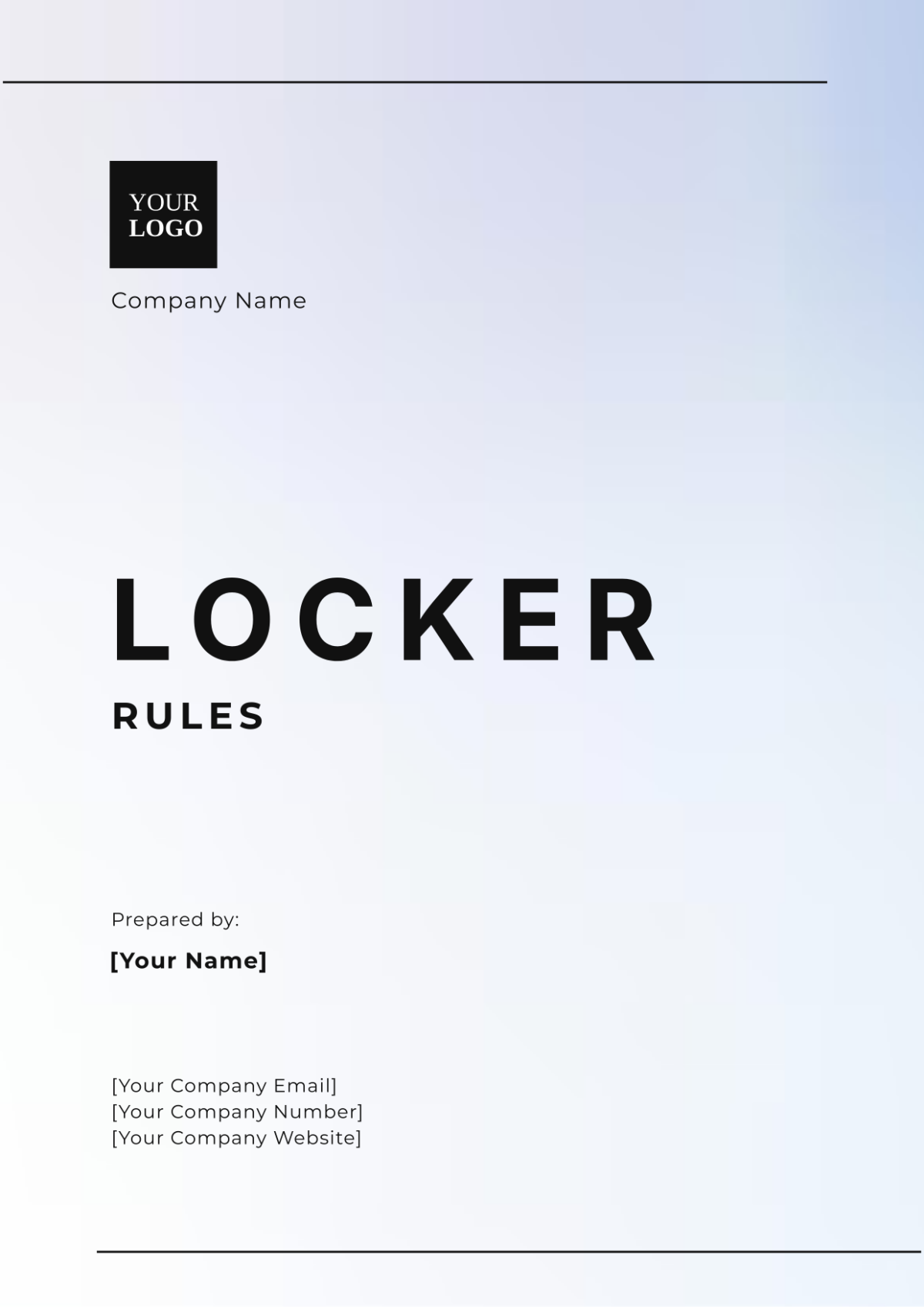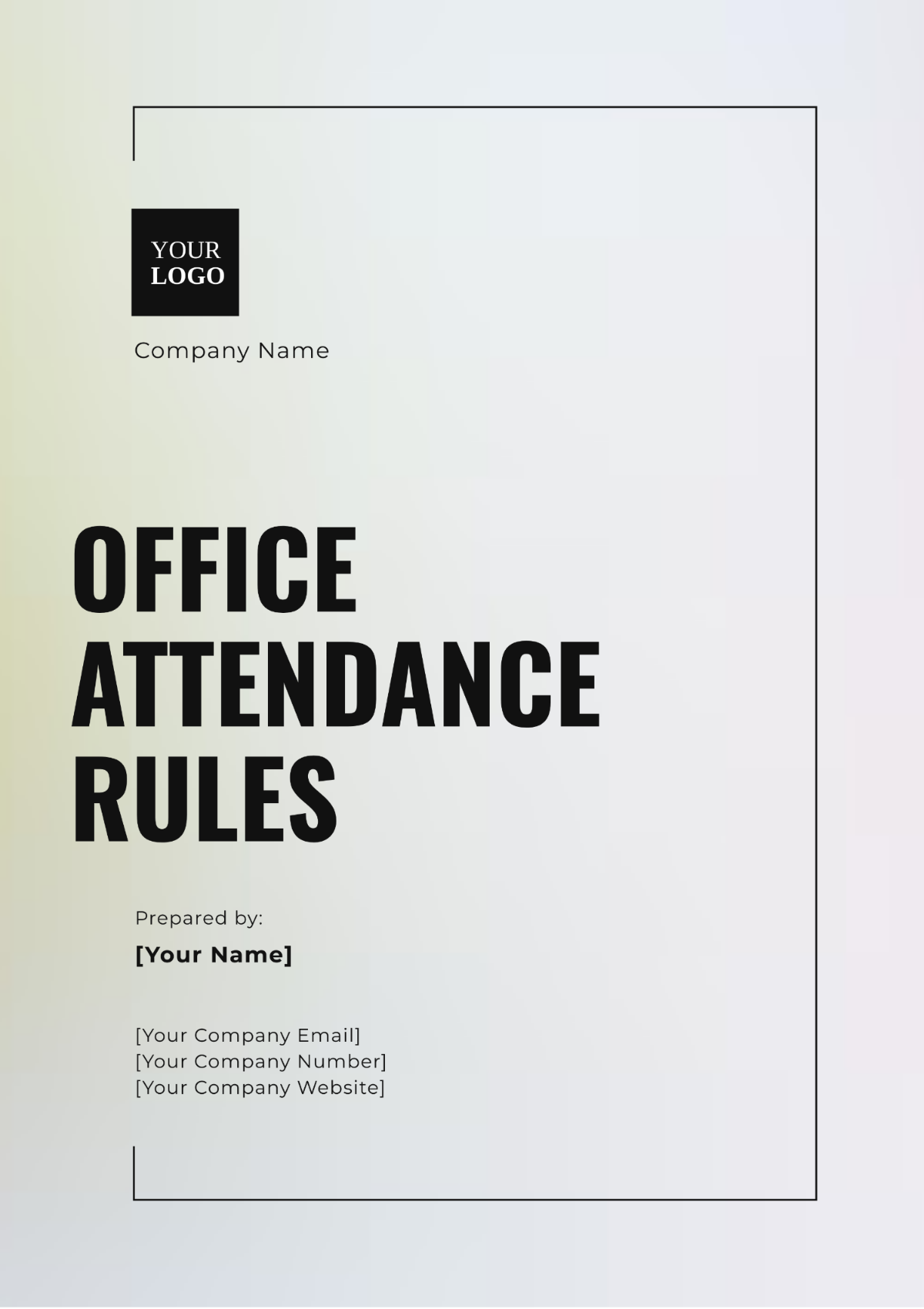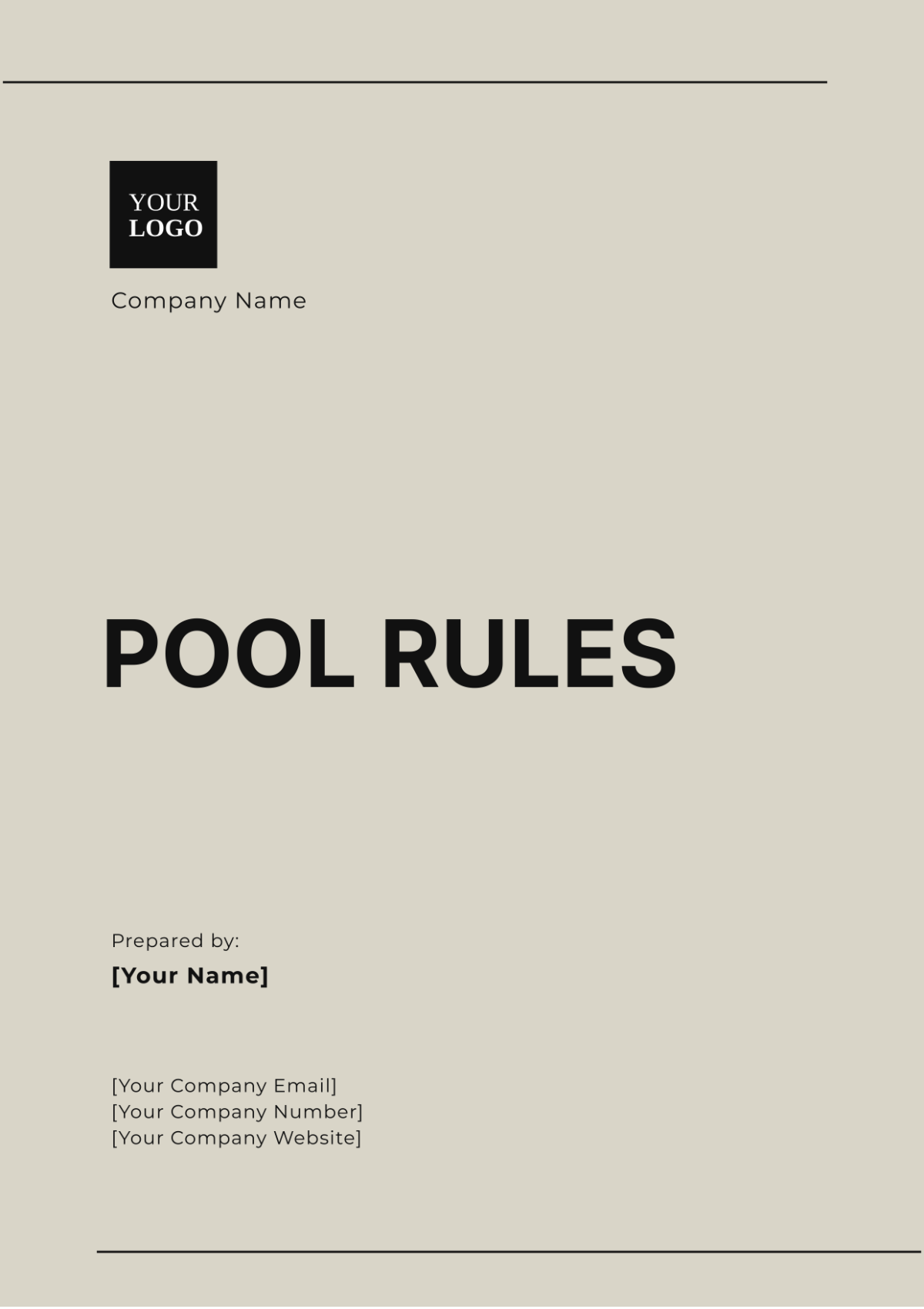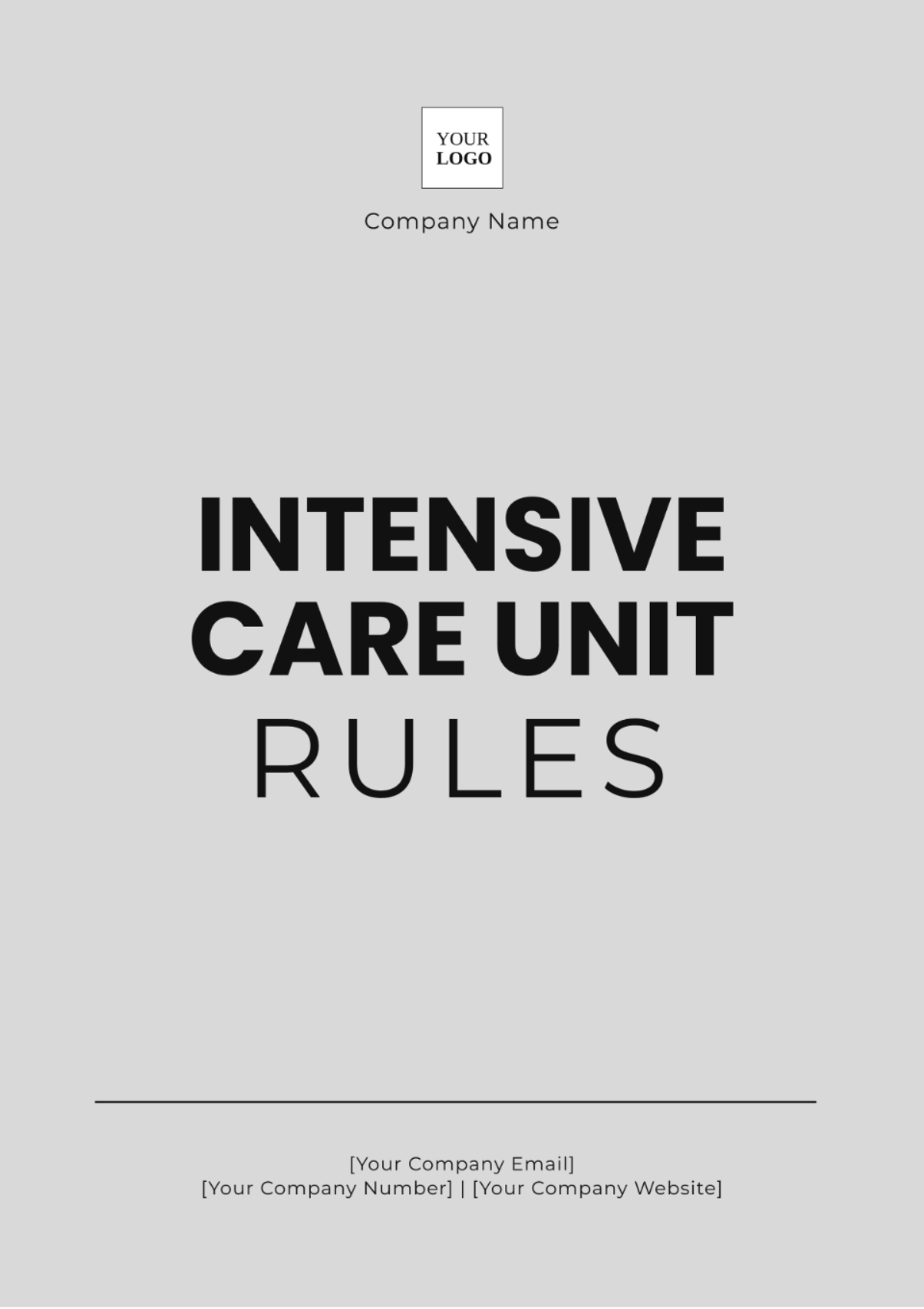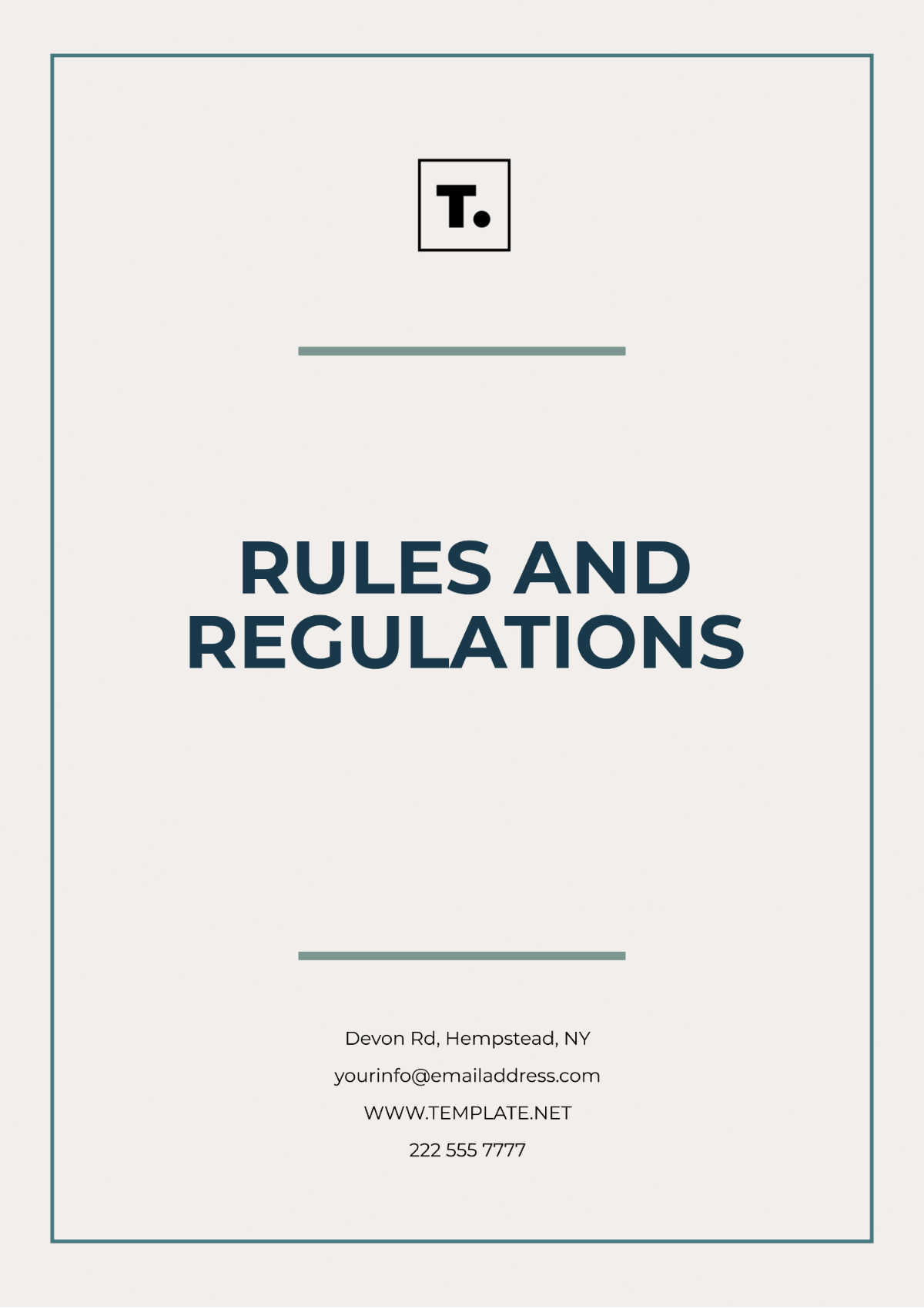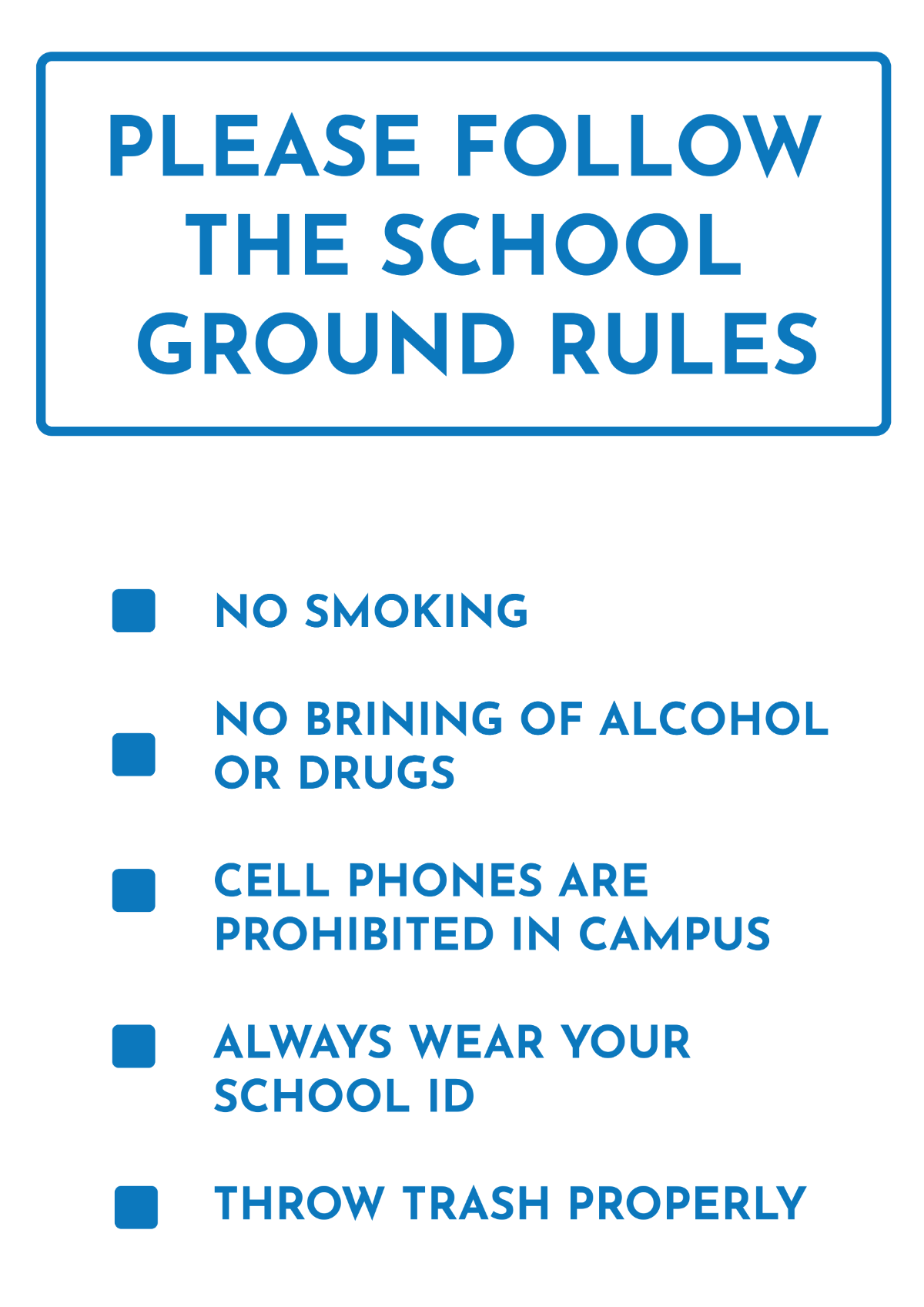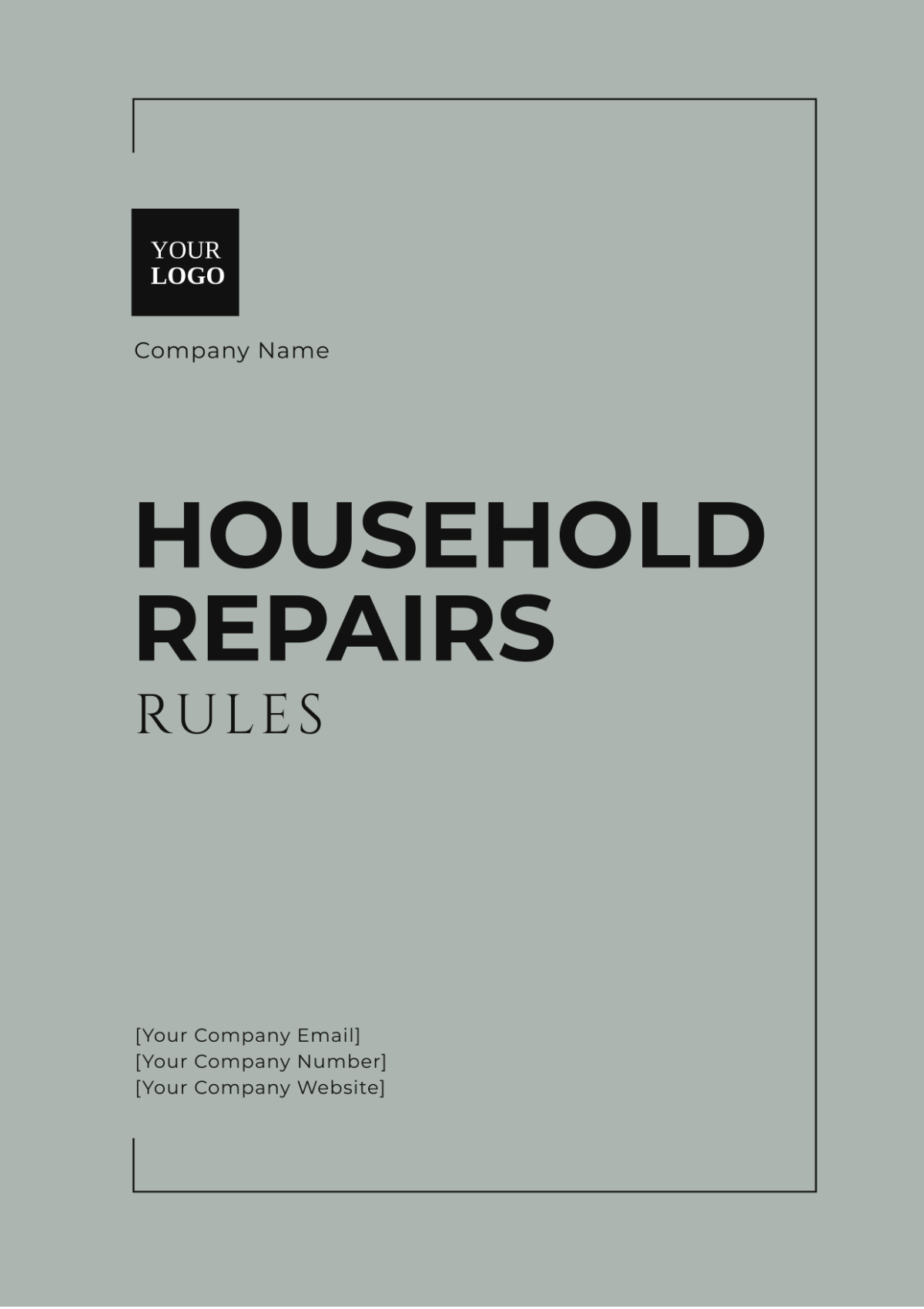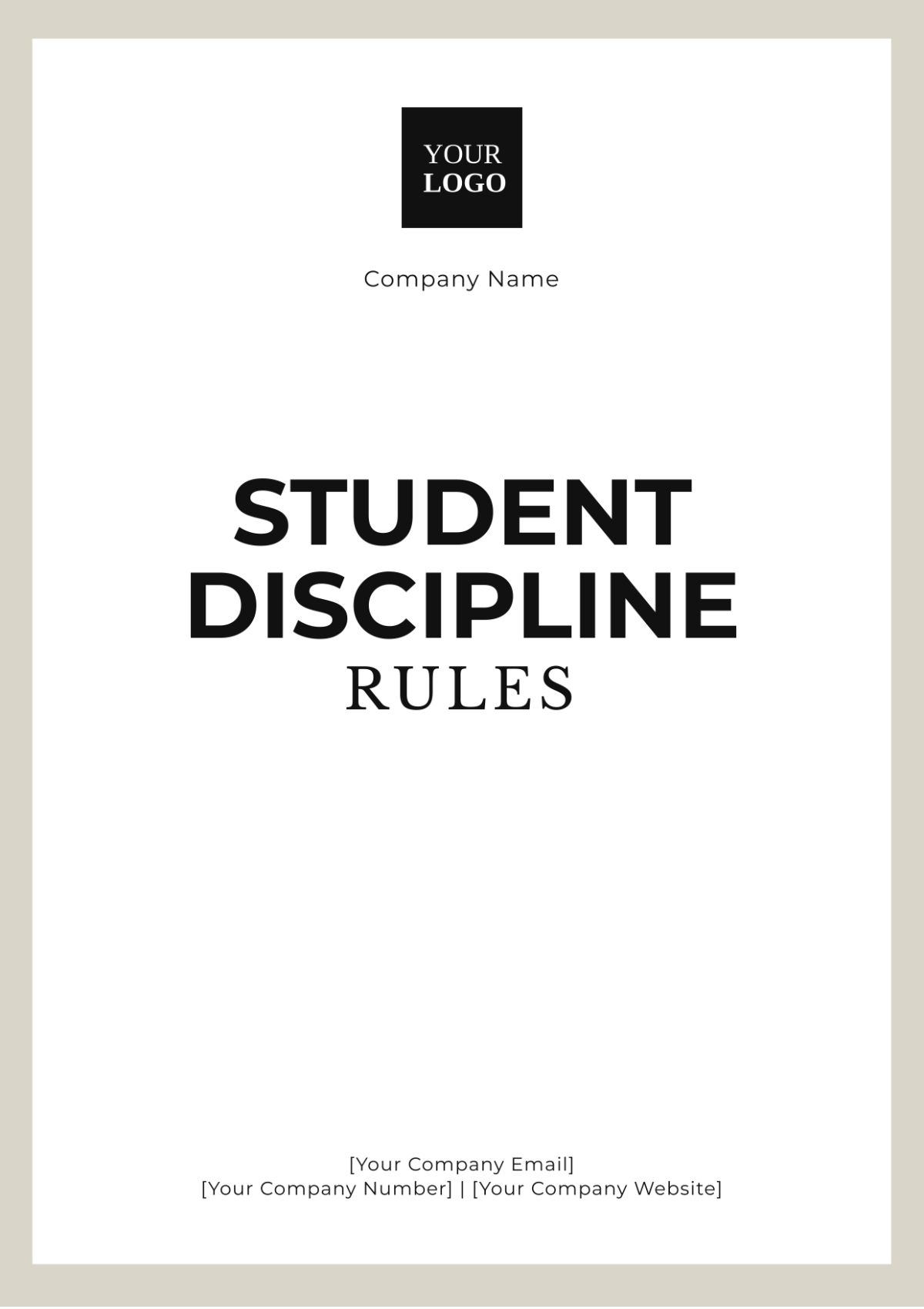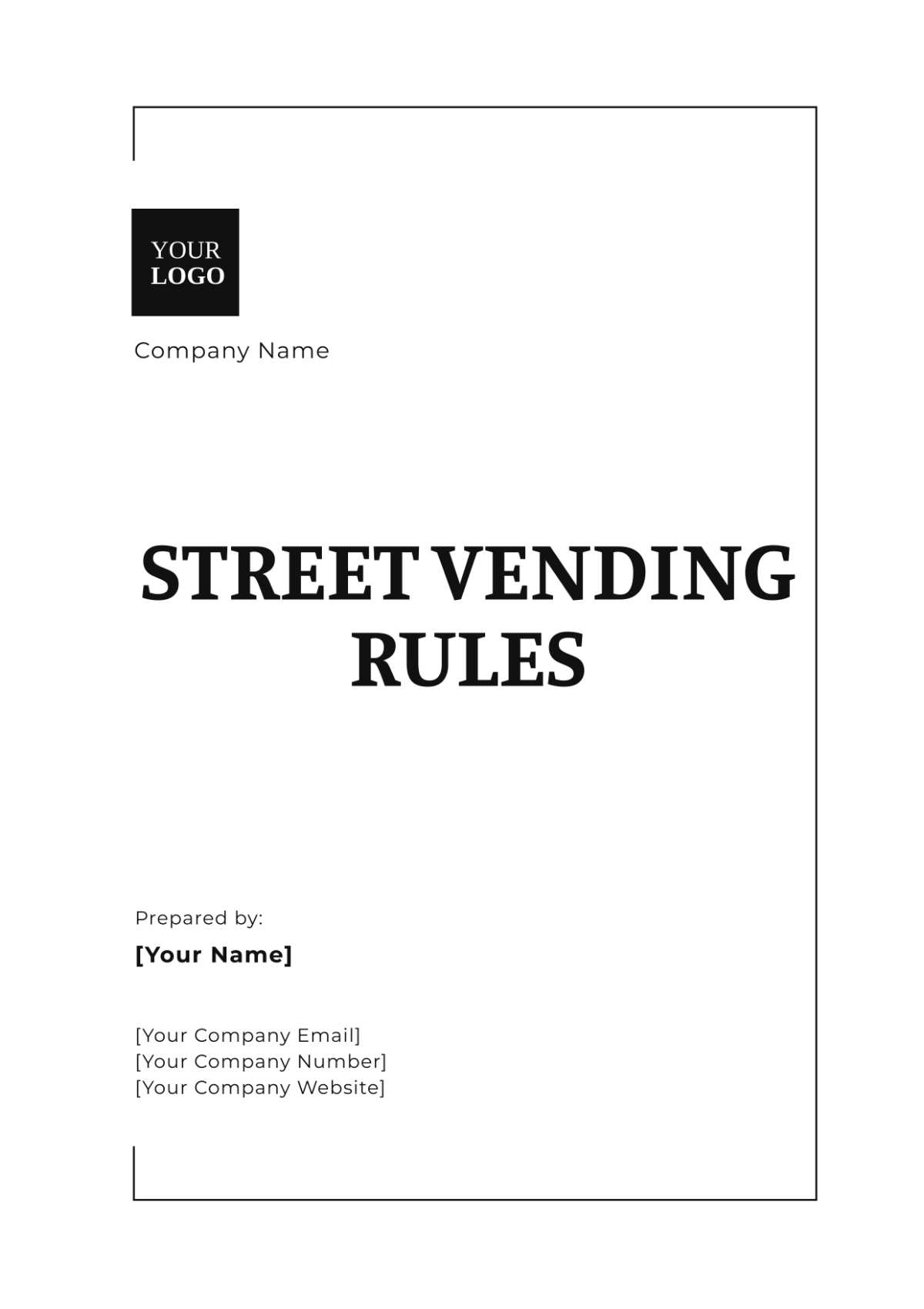OFFICE ATTENDANCE RULES
I. Introduction
At [Your Company Name], we recognize that a reliable and punctual workforce is crucial for the success of our business and the maintenance of a professional work environment. This policy outlines our expectations regarding employee attendance and punctuality, providing clear and fair guidelines to ensure consistency and accountability.
II. Purpose
The purpose of this attendance policy is to establish standard procedures for managing attendance and punctuality. By setting clear expectations and guidelines, we aim to:
Promote a productive and efficient work environment.
Ensure fair treatment of all employees regarding attendance.
Provide a framework for addressing attendance-related issues.
III. Scope
This policy applies to all employees of [Your Company Name], regardless of their position or level within the organization. It covers all aspects of attendance, including reporting absences, punctuality, and the use of leave.
IV. General Attendance Requirements
To foster a productive and professional work environment, employees are expected to comply with the following general attendance guidelines:
Maintain Regular and Punctual Attendance: Employees should consistently be on time and adhere to their scheduled work hours.
Be Present at Designated Work Location: Employees must be at their assigned work location during designated working hours unless otherwise directed.
Notify Management of Deviations: Any deviations from scheduled work hours must be communicated to management promptly.
A. Work Hours
Employees are expected to follow these standard work hours unless otherwise instructed by their department:
Start Time: 9:00 AM
End Time: 5:00 PM
Lunch Break: 12:00 PM – 1:00 PM
B. Attendance Tracking
Attendance must be recorded using the following methods:
Electronic Systems: Utilize electronic time clocks or software systems for recording attendance.
Manual Logs: If electronic systems are unavailable, manual attendance logs must be maintained.
V. Reporting and Documentation
Employees must adhere to the following procedures for reporting and documenting absences:
A. Reporting Absences
Absences should be reported to immediate supervisors as soon as possible, using one of the following methods:
Email Notification: Send an email to the direct supervisor.
Phone Call: Call the direct supervisor directly.
B. Documentation for Absences
Proper documentation is required for different types of absences.
Medical Leave: Provide a doctor’s note or medical certificate.
Personal Leave: Obtain prior approval from the supervisor.
Emergency Leave: Submit documentation explaining the nature of the emergency.
VI. Punctuality Policy
A. Tardiness
Employees are expected to arrive at work on time. Frequent tardiness may lead to disciplinary actions. Tardiness is defined as:
Late Arrival: Arriving more than 10 minutes late without prior notification.
Extended Lunch Break: Taking a lunch break longer than the allocated time without permission.
B. Early Departure
Leaving work before the end of the scheduled shift must be communicated and justified. Unapproved early departures will be considered partial absenteeism.
VII. Attendance Incentives and Penalties
To encourage adherence to attendance policies, the company may implement the following incentives and penalties:
A. Attendance Incentives
Monthly Bonuses: Awarded for perfect attendance.
Recognition Awards: given for exemplary attendance records.
B. Penalties for Non-Compliance
Penalties for not adhering to attendance rules may include:
Verbal Warnings: Issued for minor infractions.
Written Warnings: Given for repeated infractions.
Suspension or Termination: Imposed for severe or continuous violations.
VIII. Leave and Time Off Policies
Employees are entitled to various types of leave as per company policy and legal requirements.
A. Paid Time Off (PTO)
PTO is accrued based on length of service and company policy and can be used for:
Vacation Days
Personal Days
Sick Leave
B. Unpaid Leave
Unpaid leave may be granted for circumstances not covered under PTO, such as:
Extended Medical Leave
Family Emergencies
IX. Attendance Review and Record-Keeping
A. Regular Attendance Review
Management will periodically review attendance records to ensure compliance and identify any patterns that may require intervention.
B. Record-Keeping
All attendance records must be accurately maintained and stored for a minimum period, as required by law.
X. Exceptions and Accommodations
Exceptions to these rules may be made on a case-by-case basis, taking into account:
Legal Requirements
Reasonable Accommodations for Disabilities
Special Circumstances: Reviewed by HR and management.
